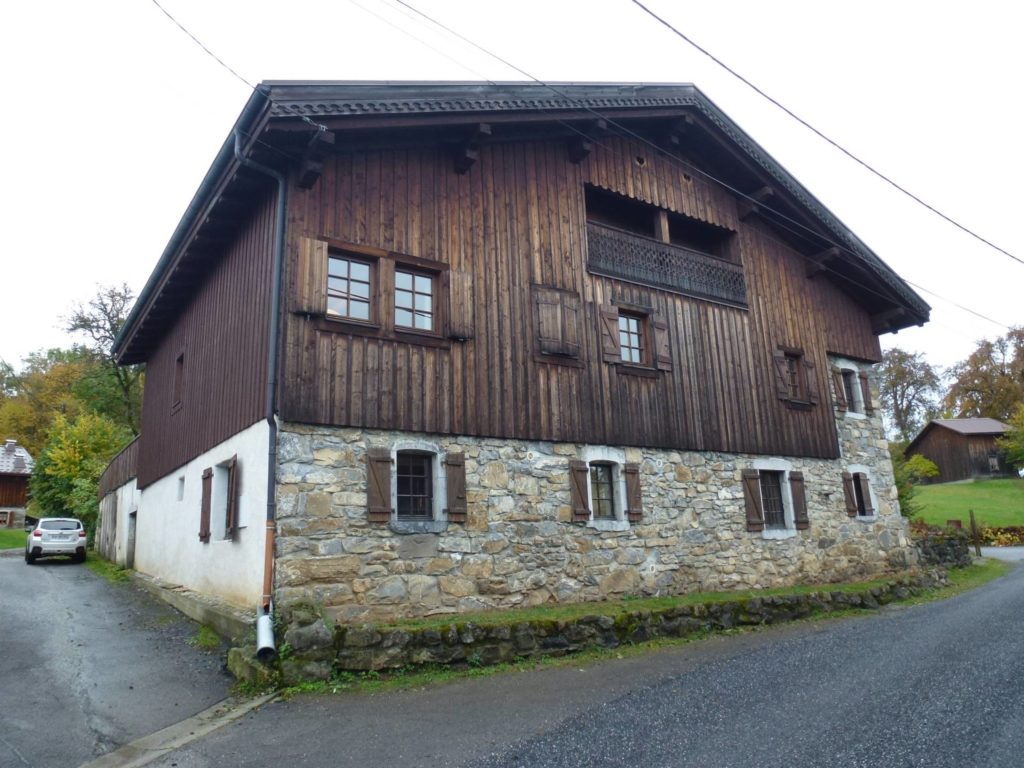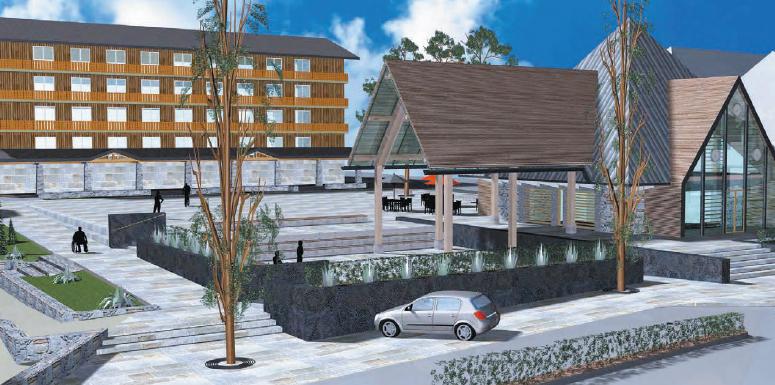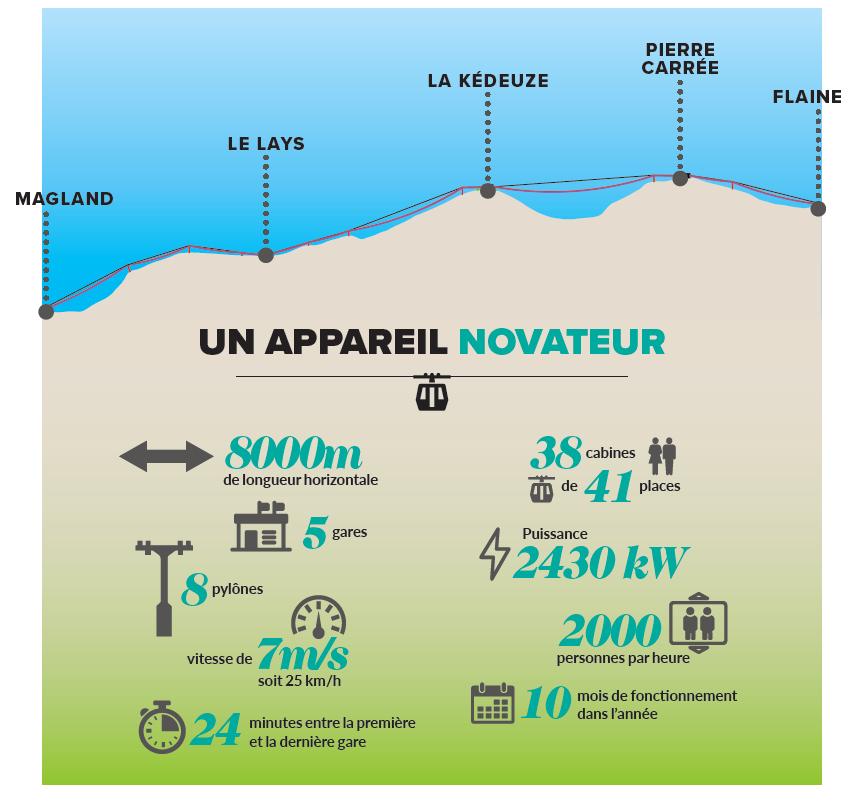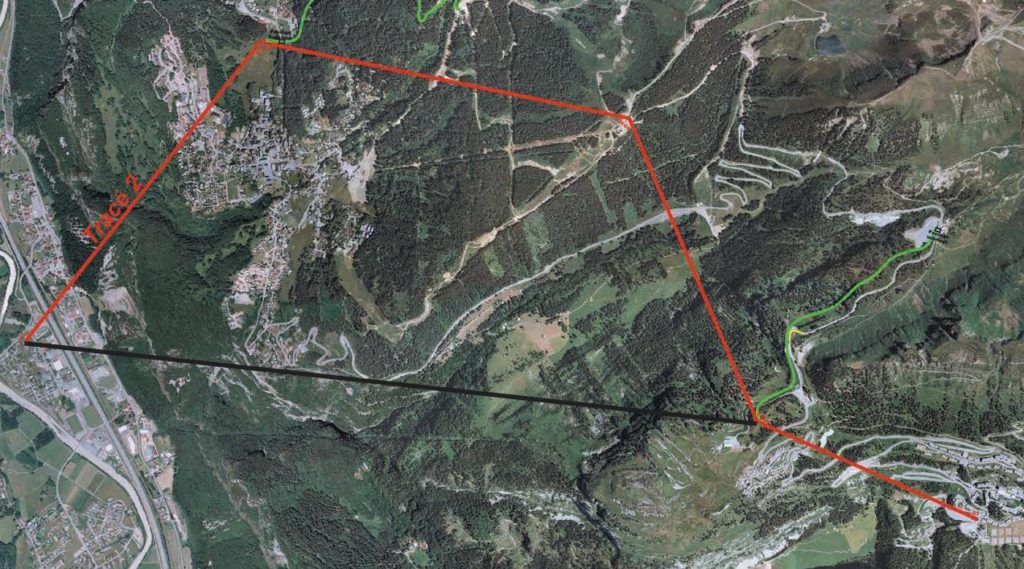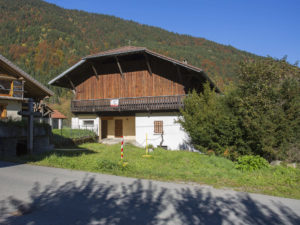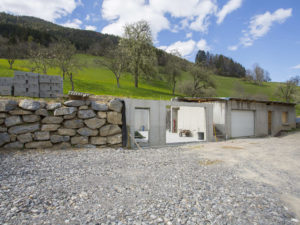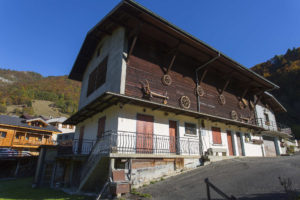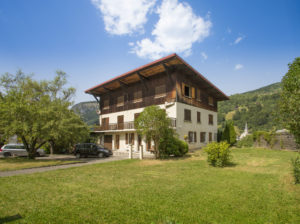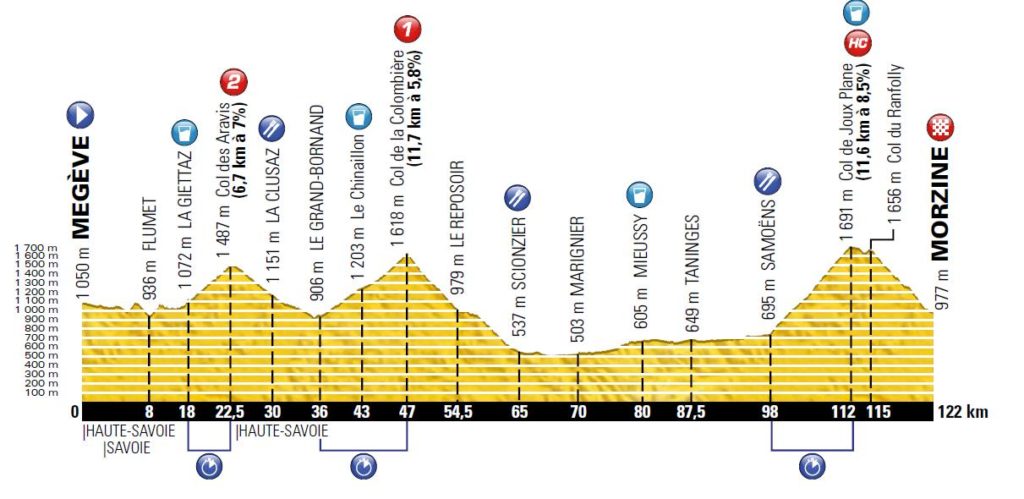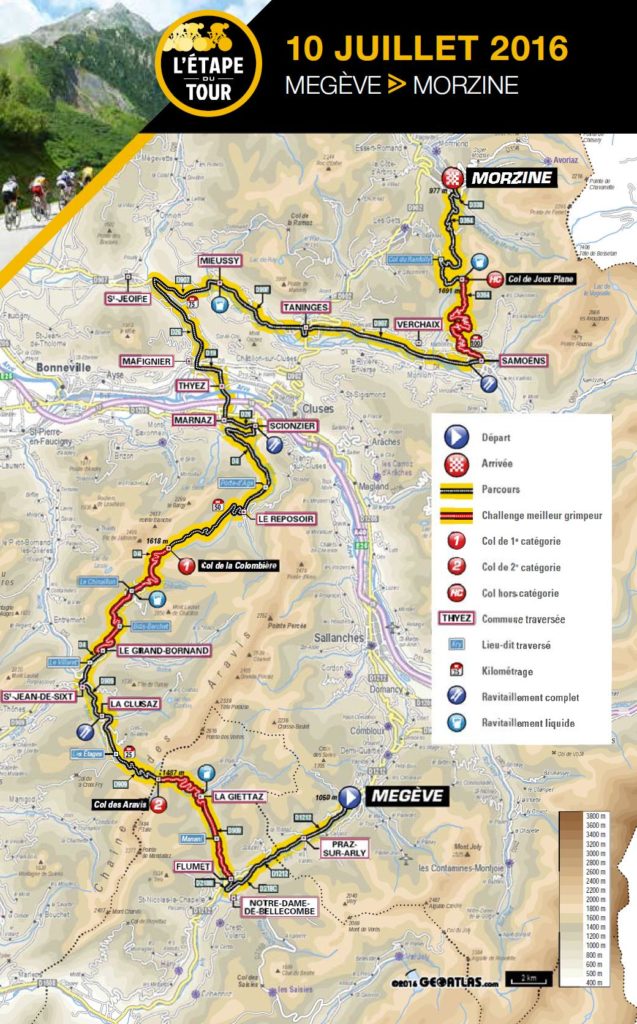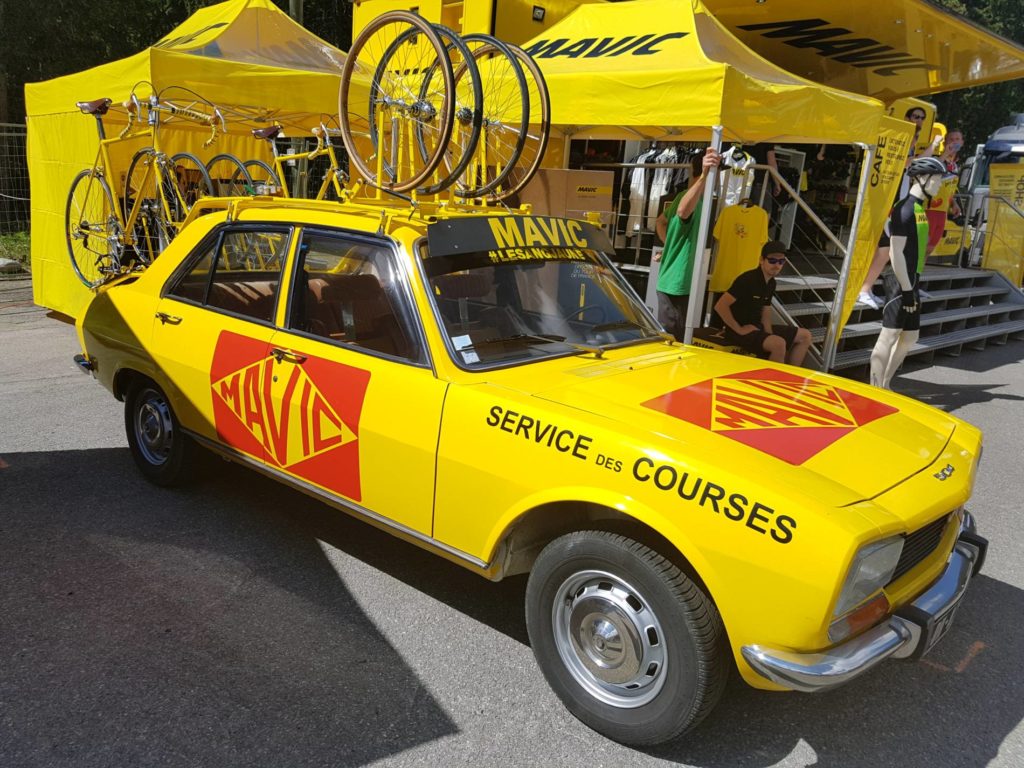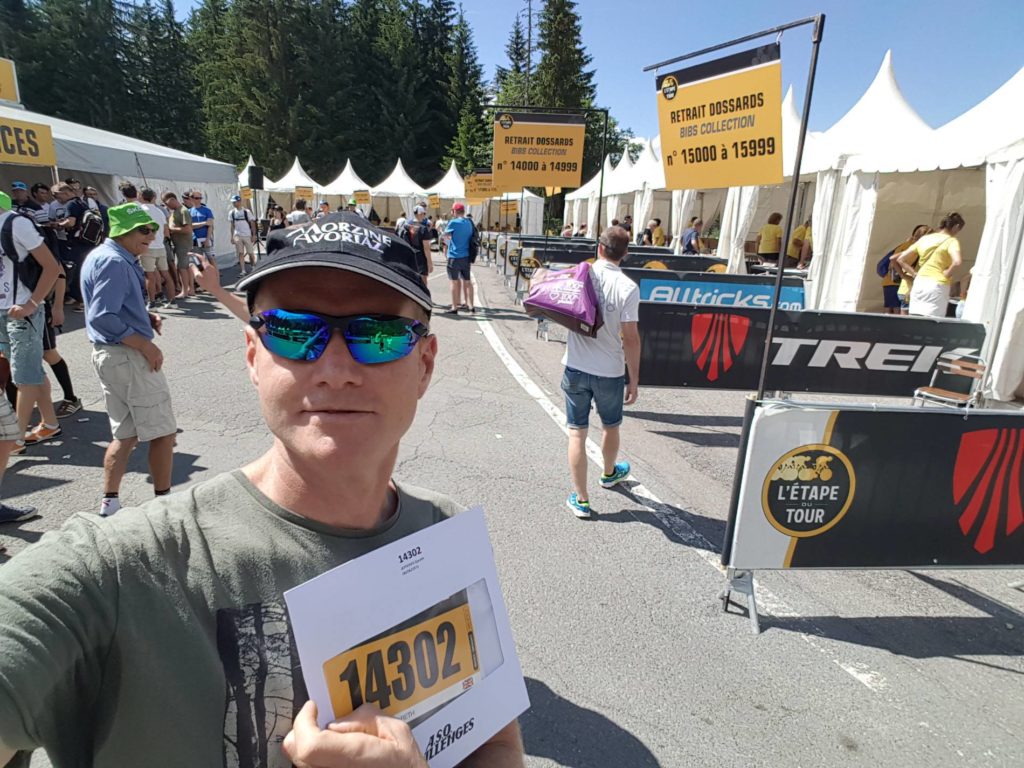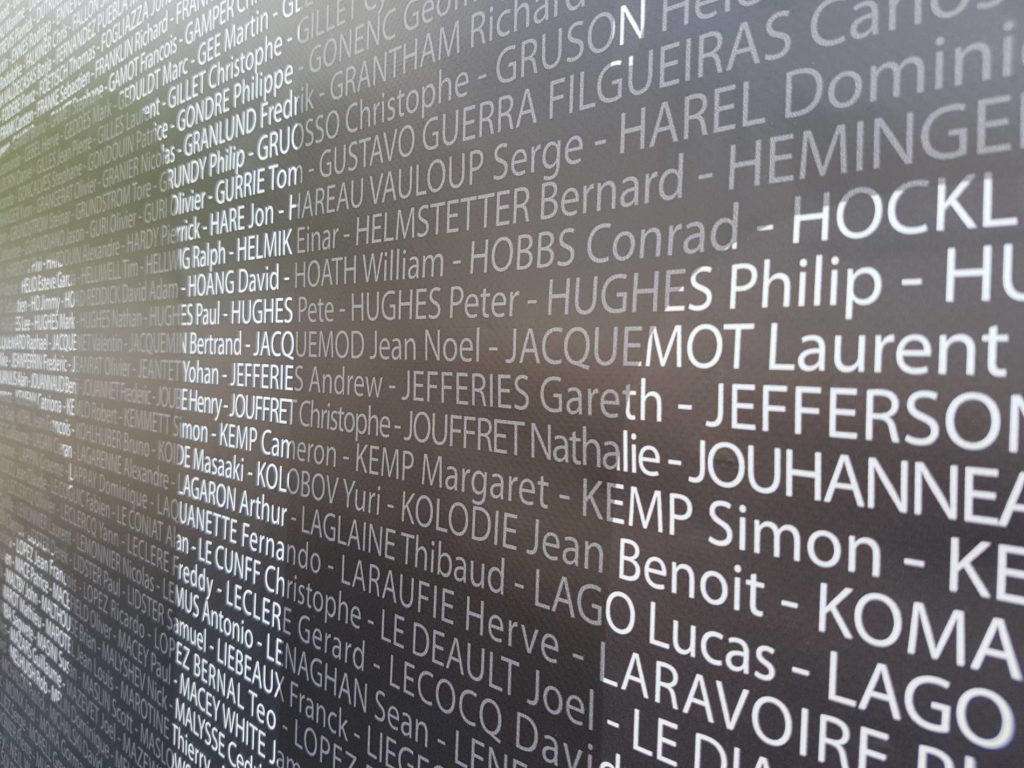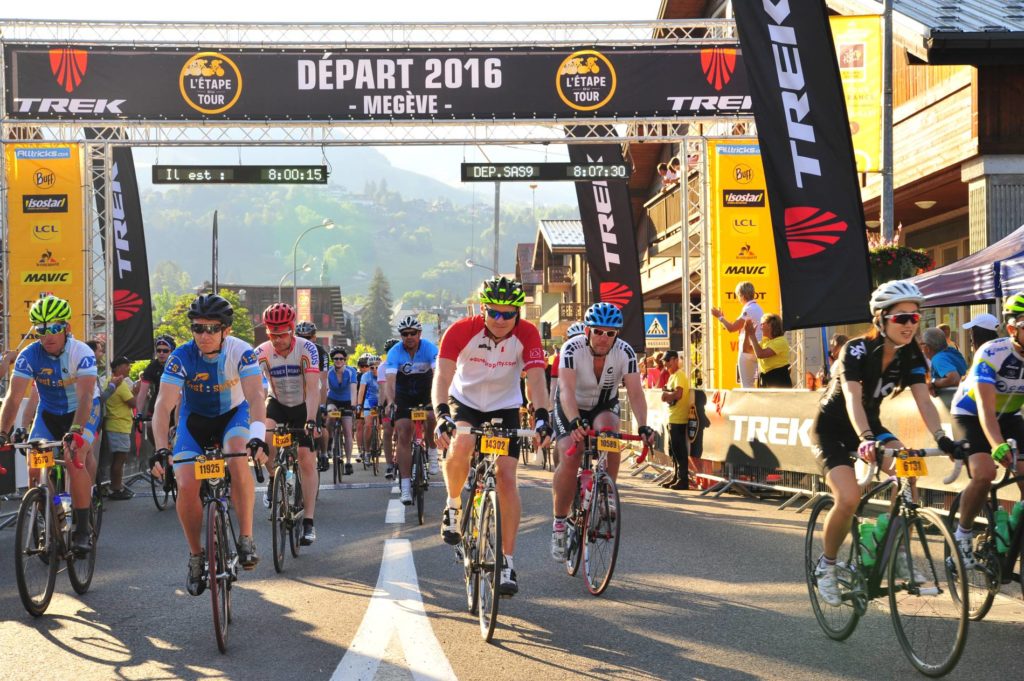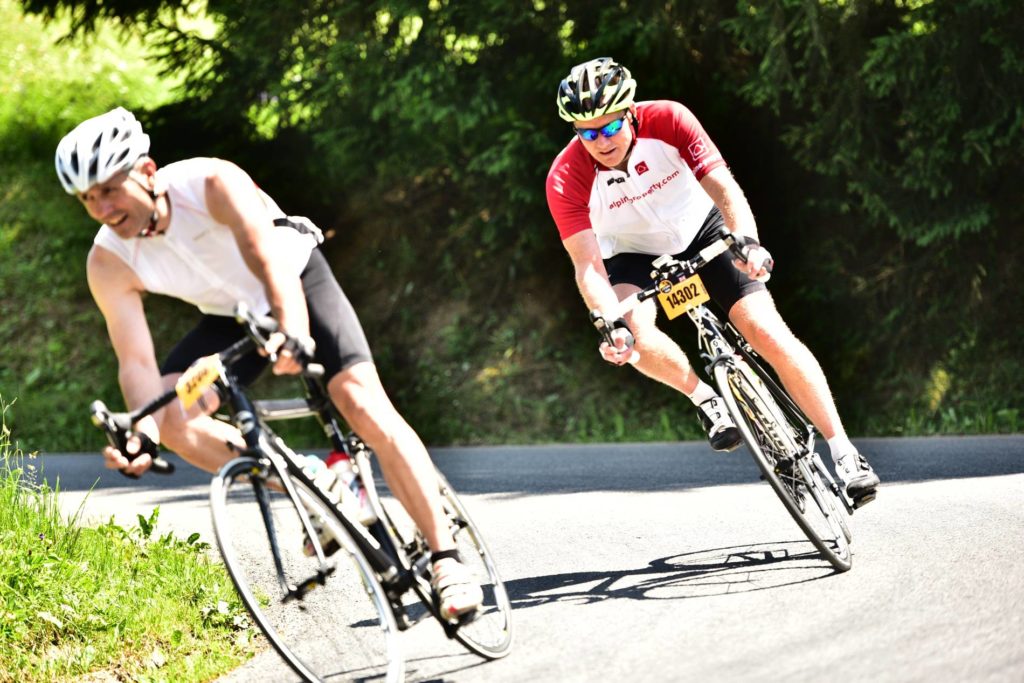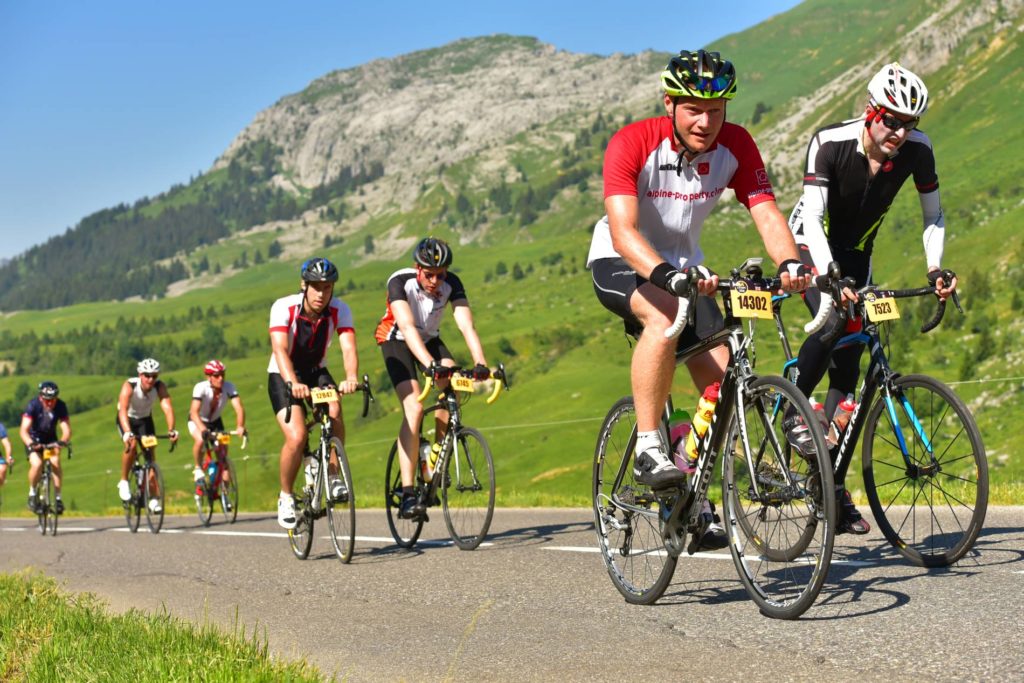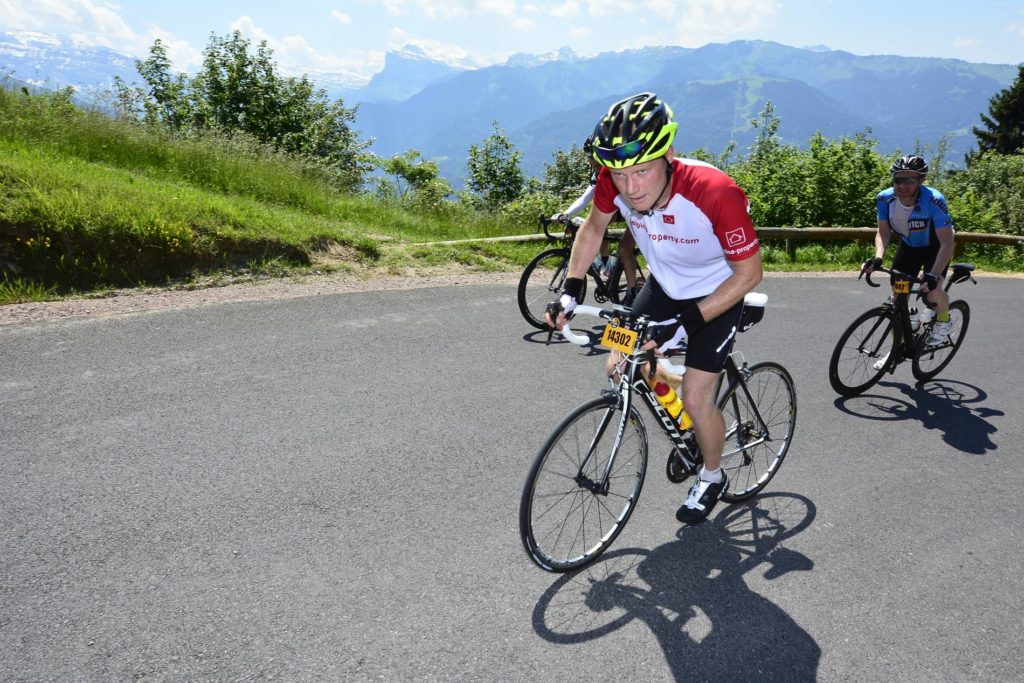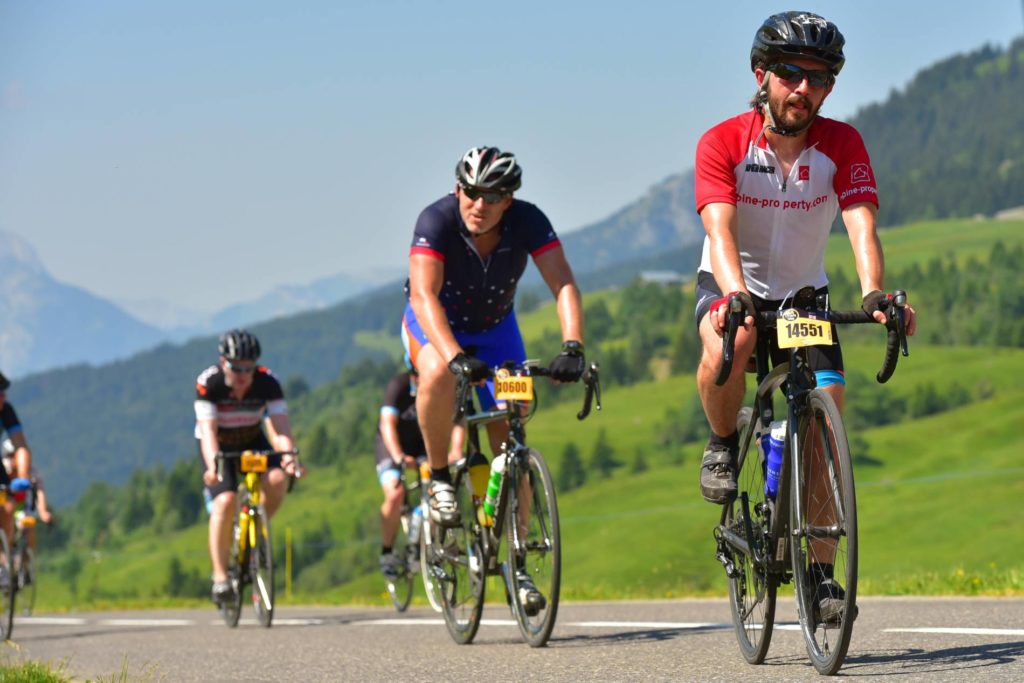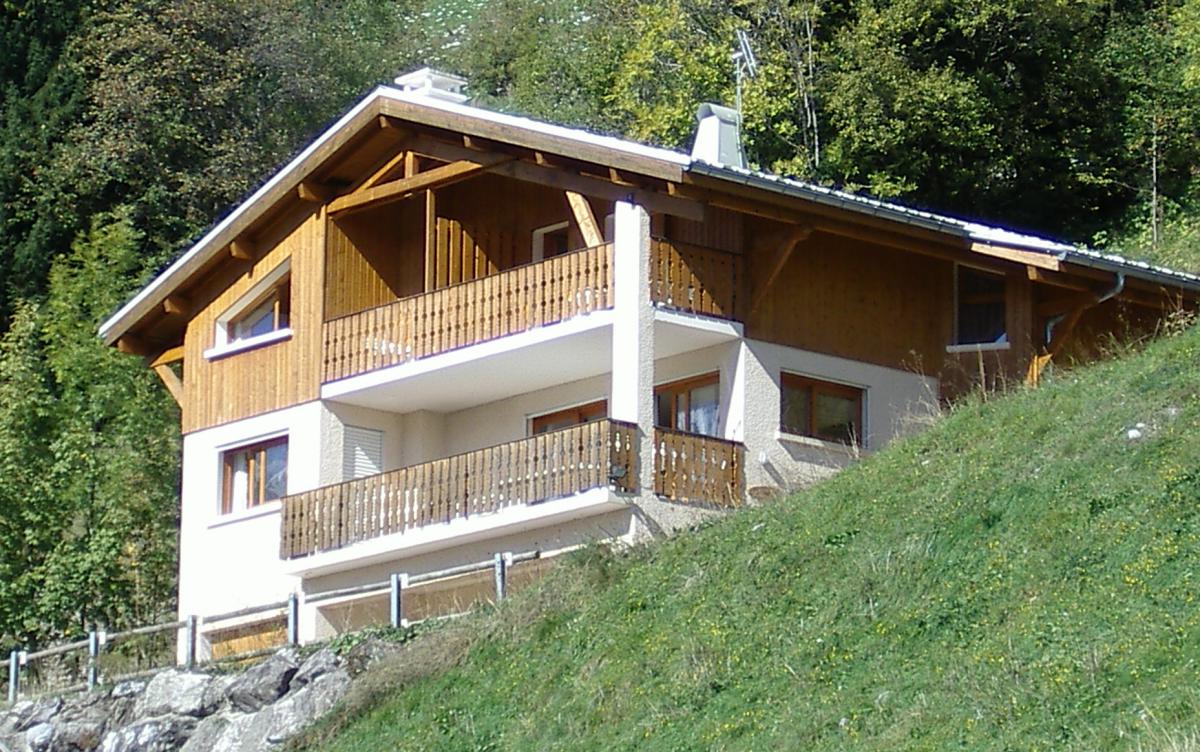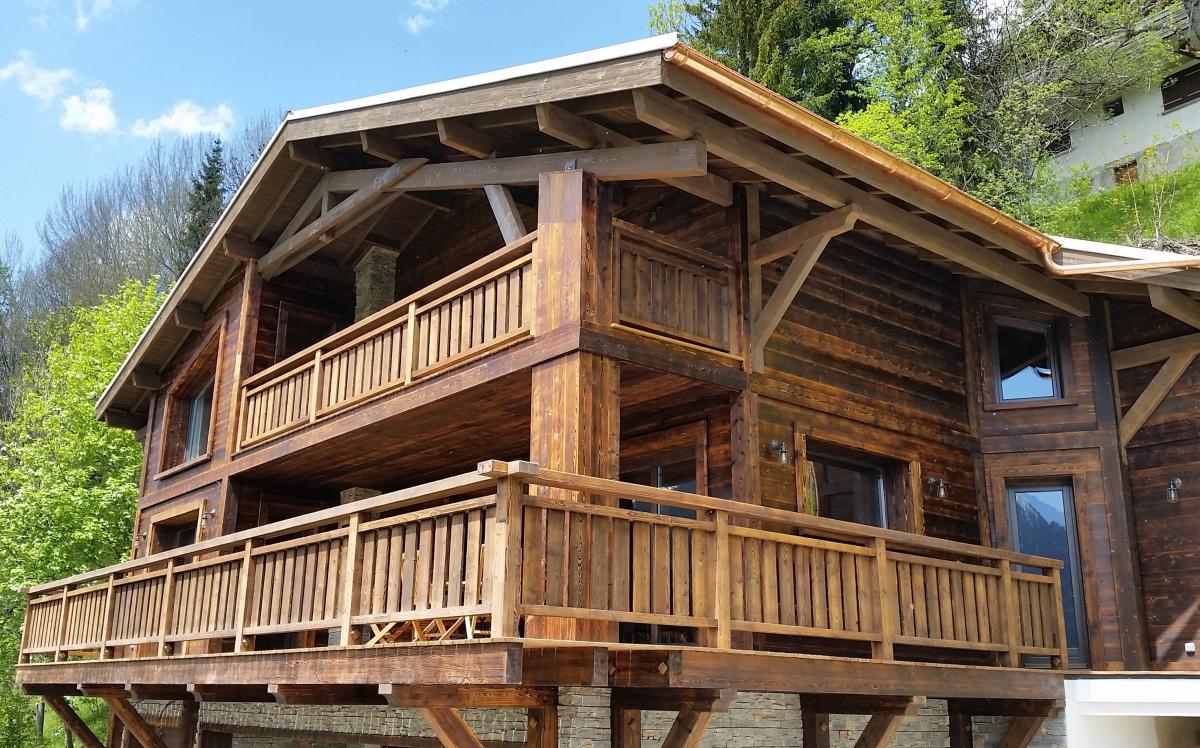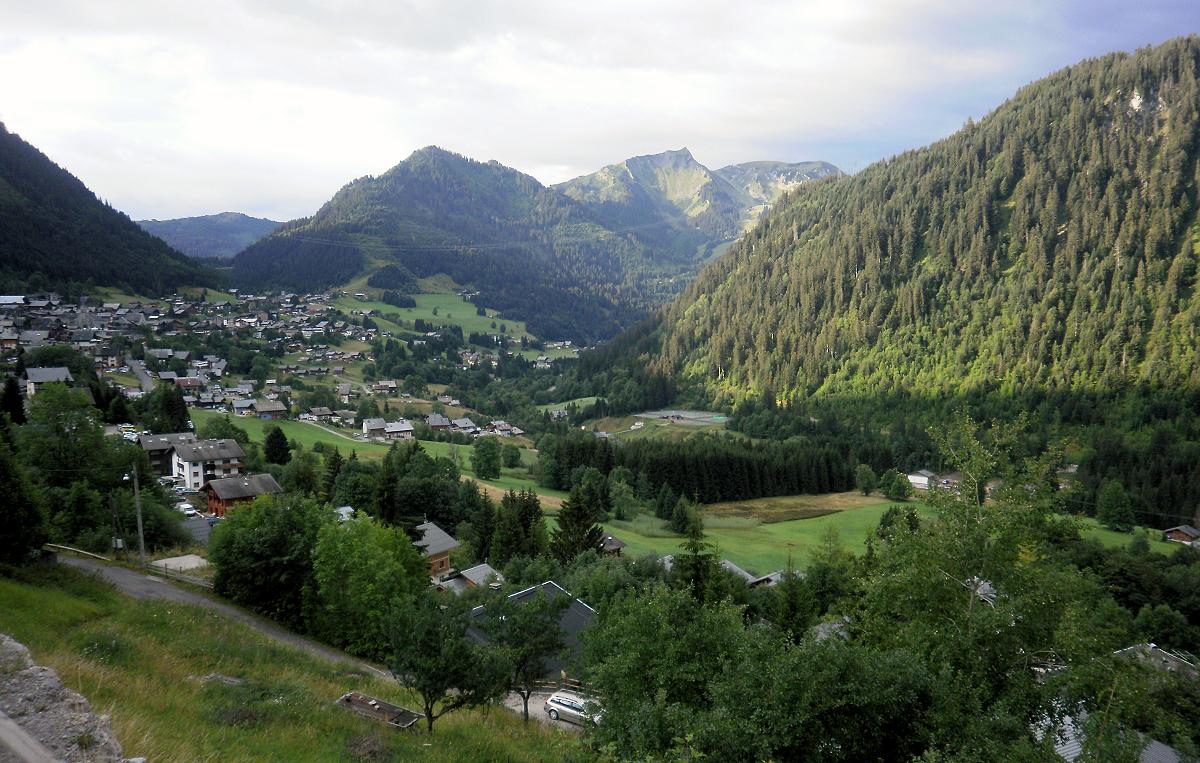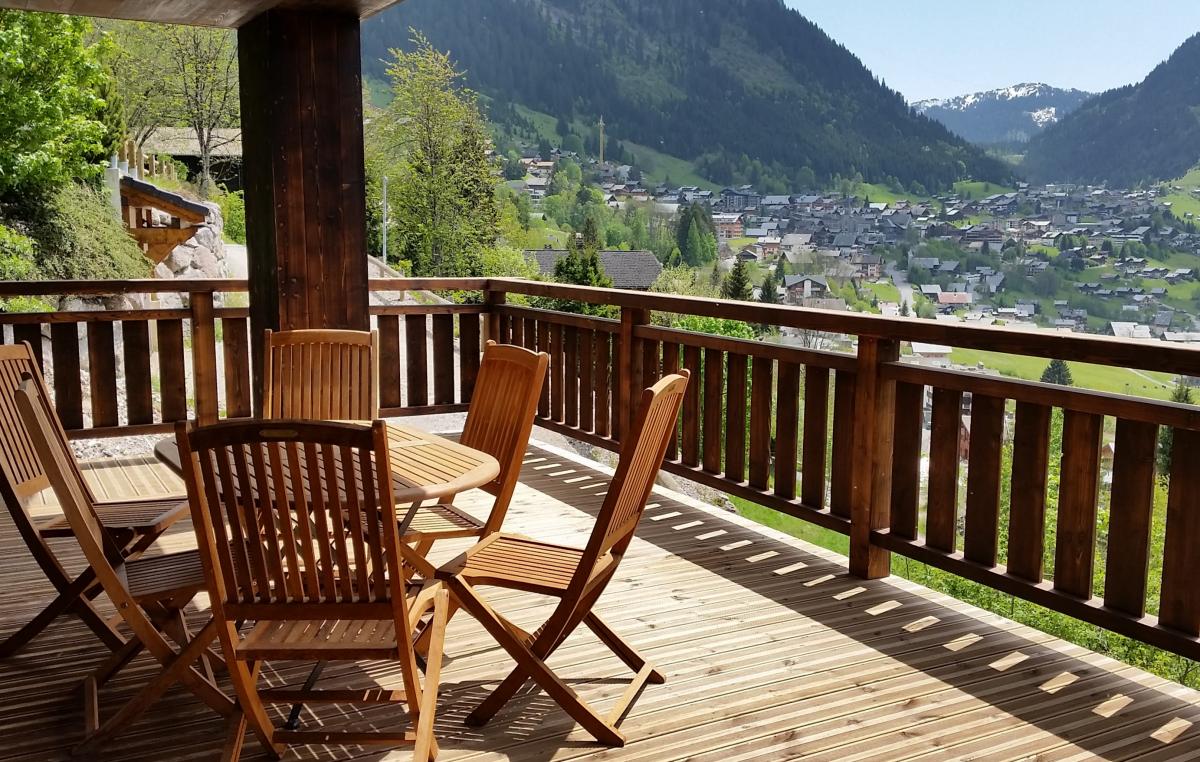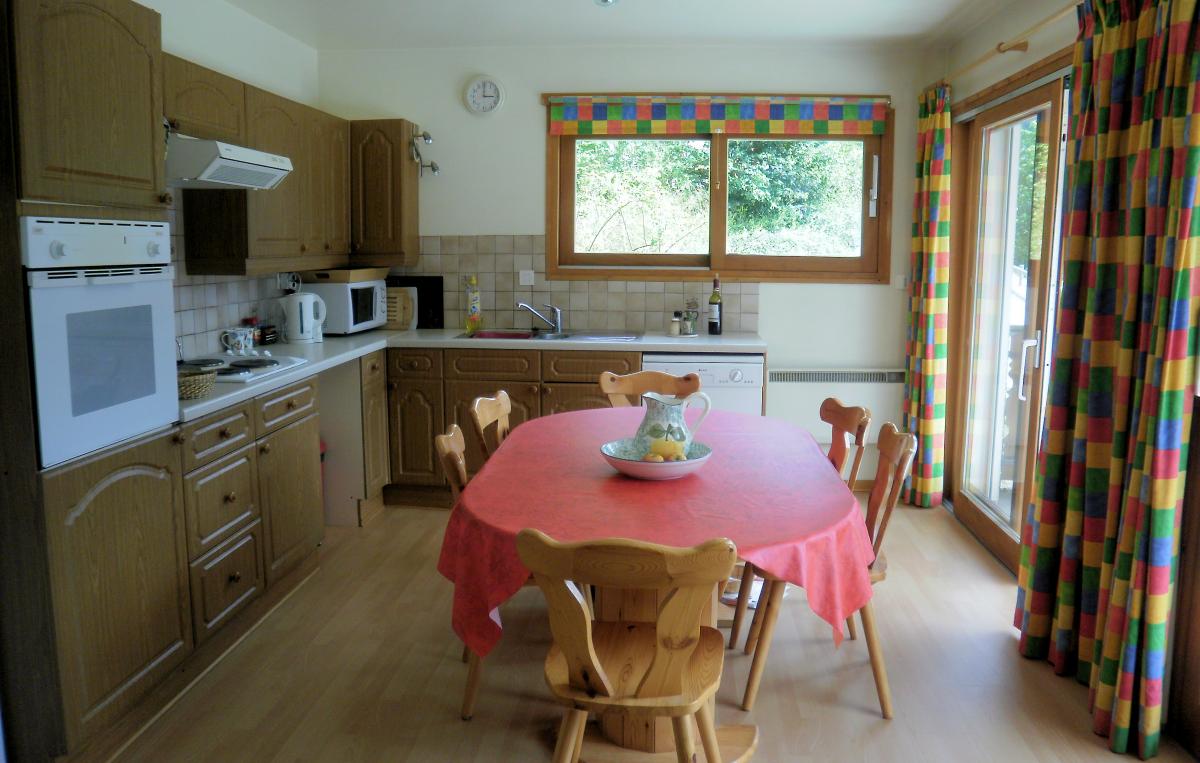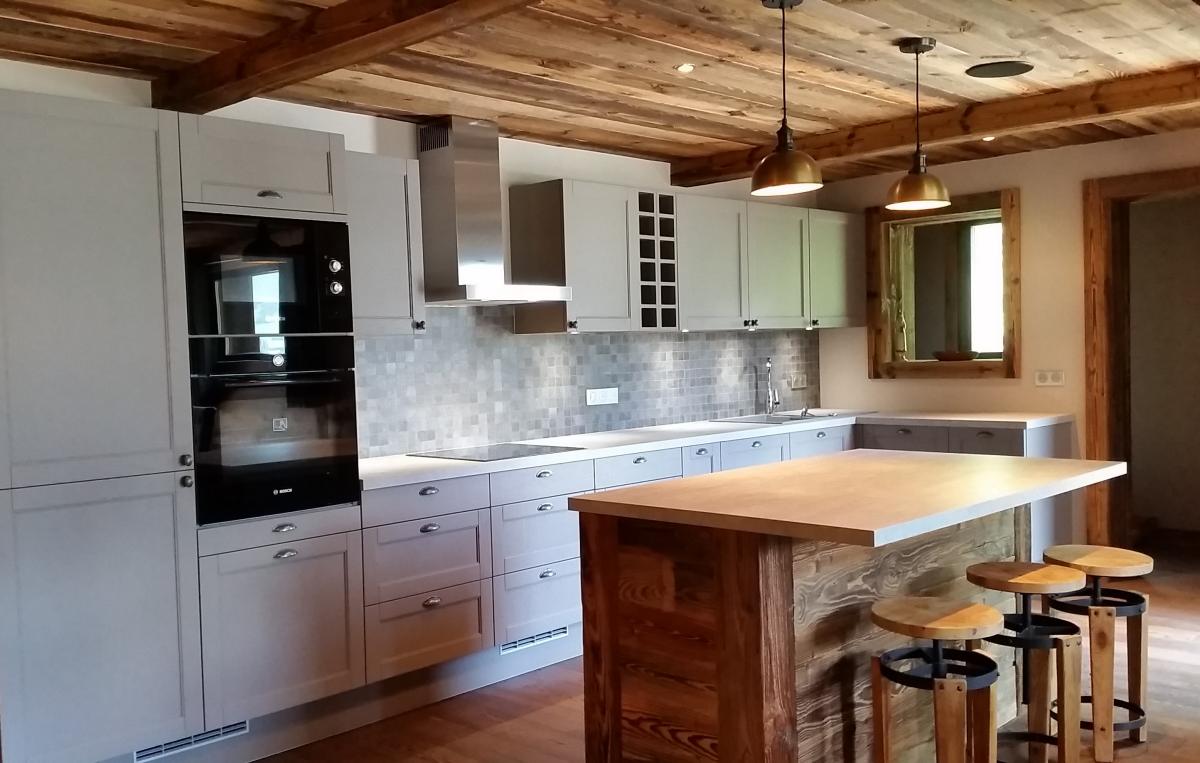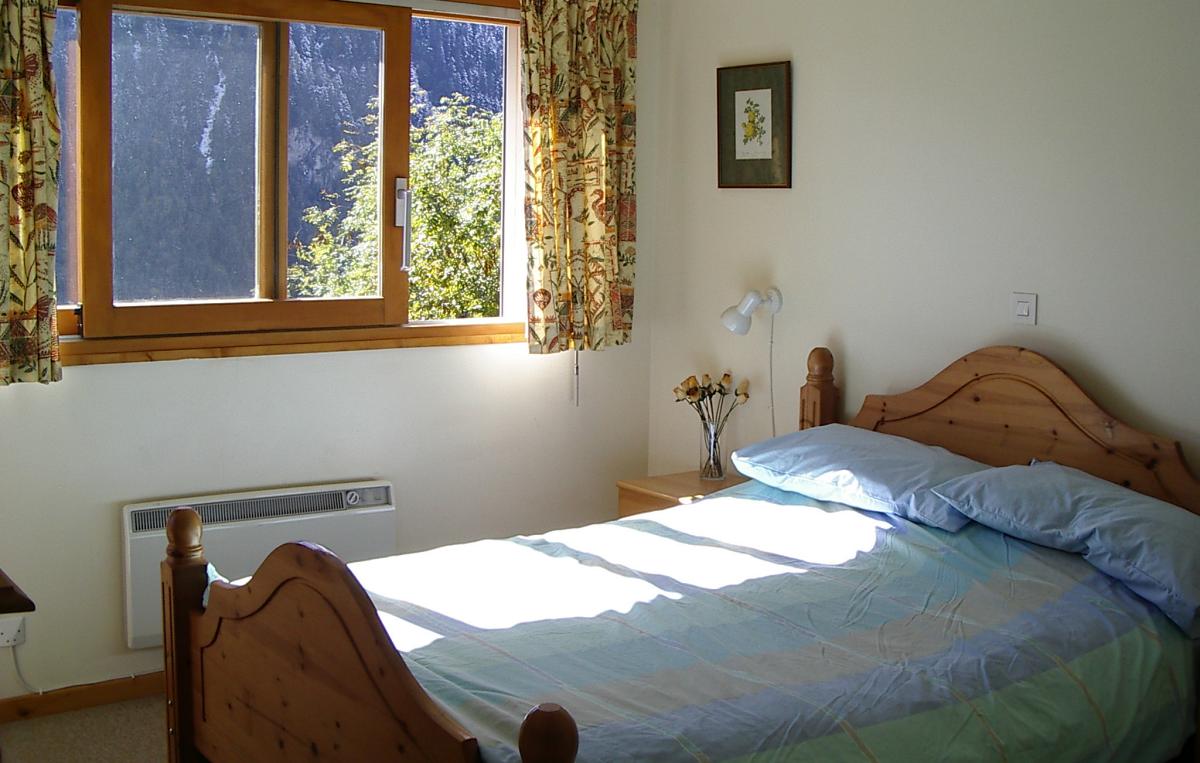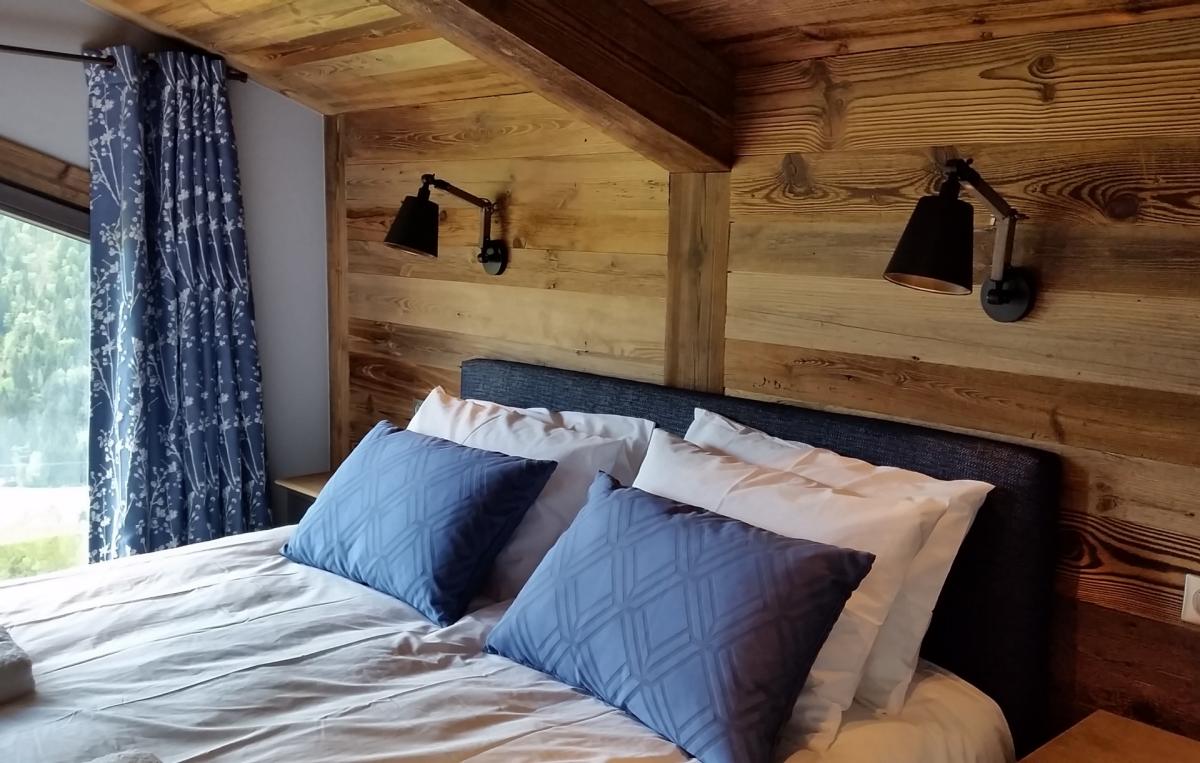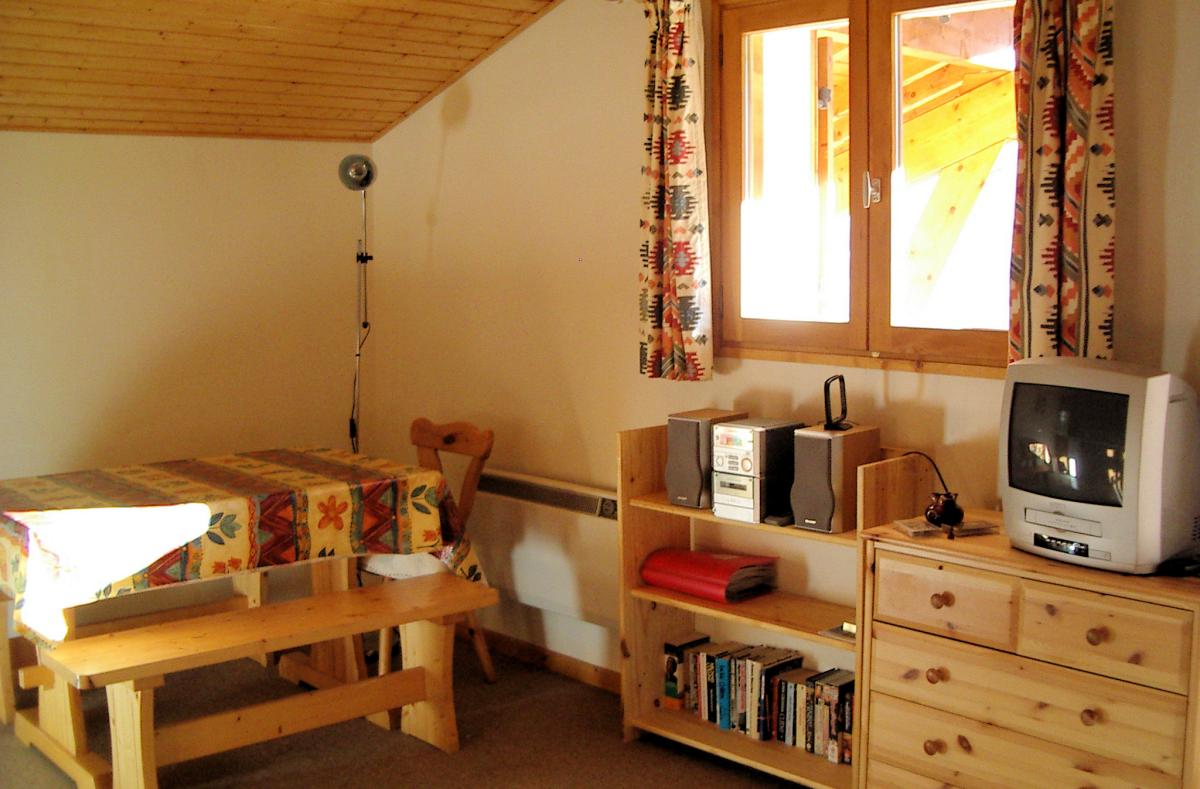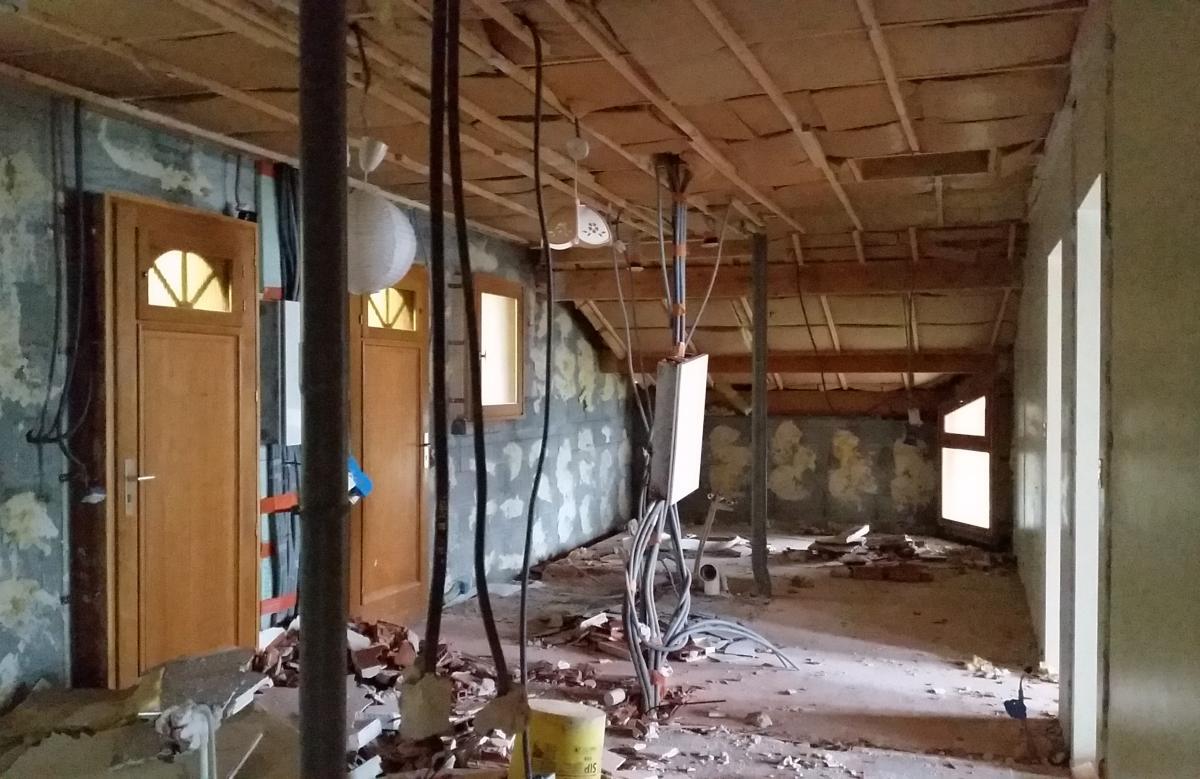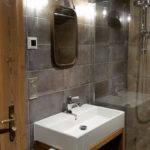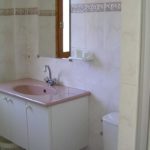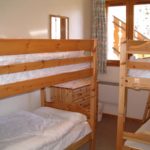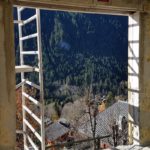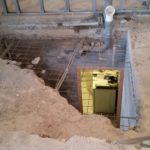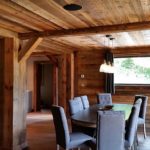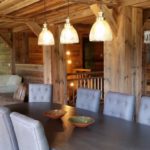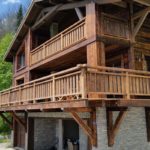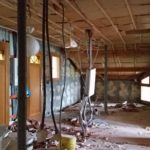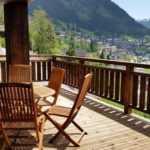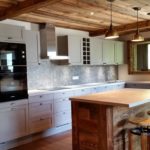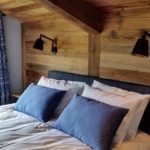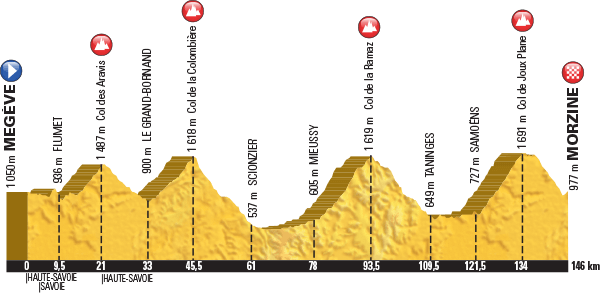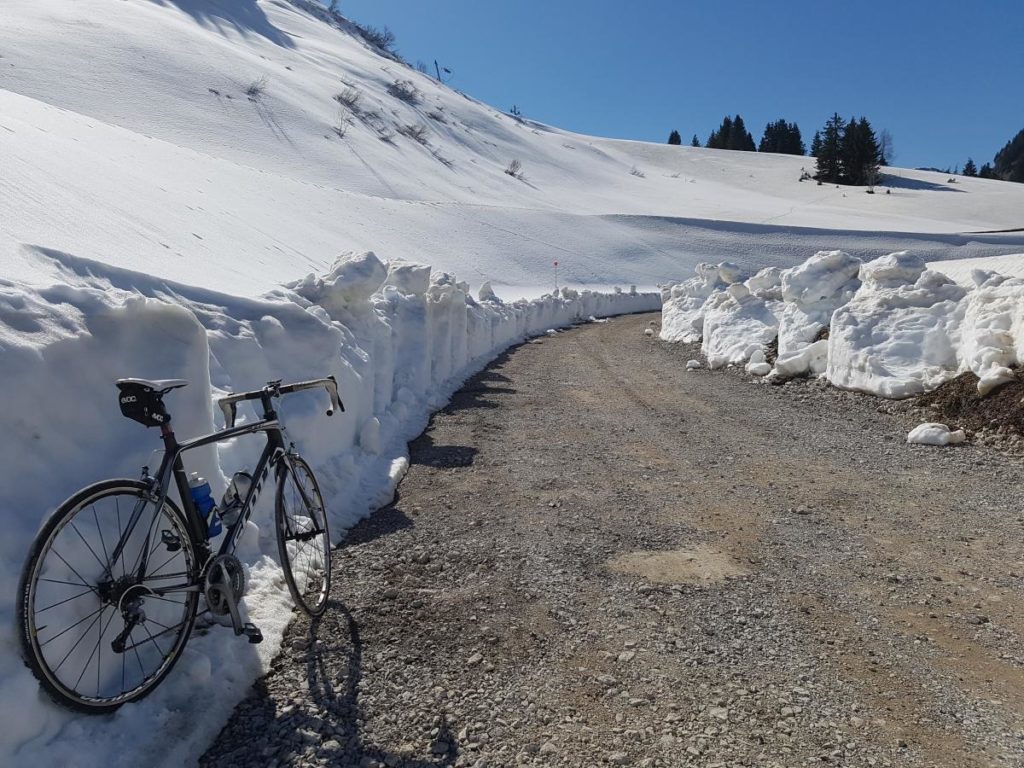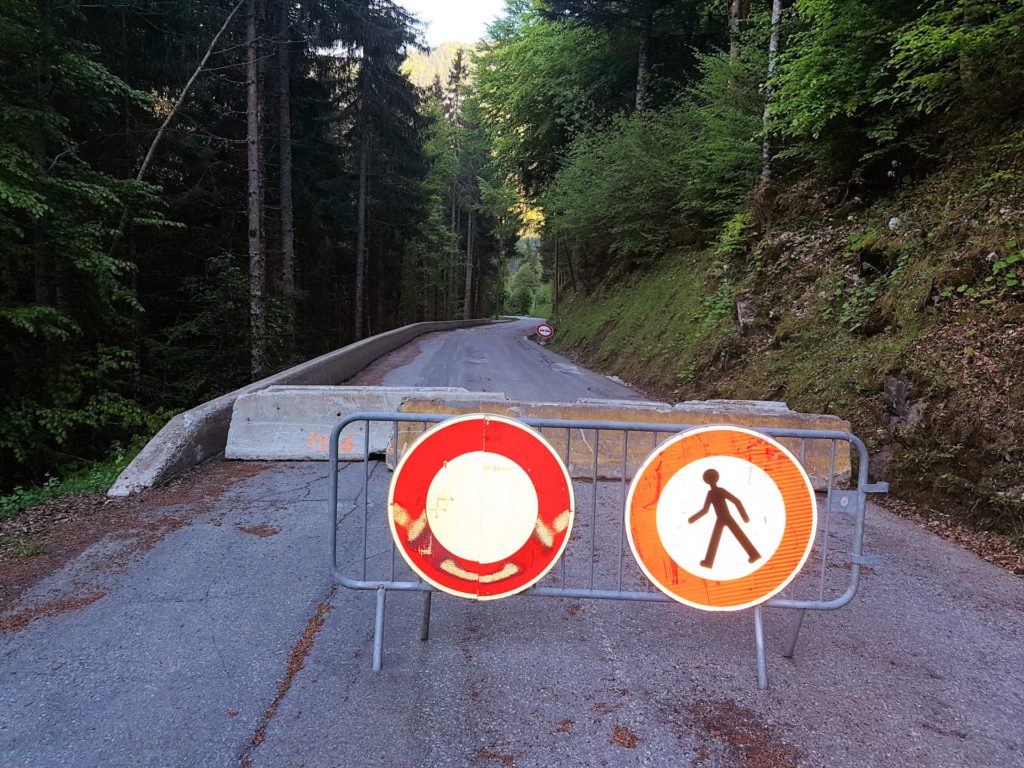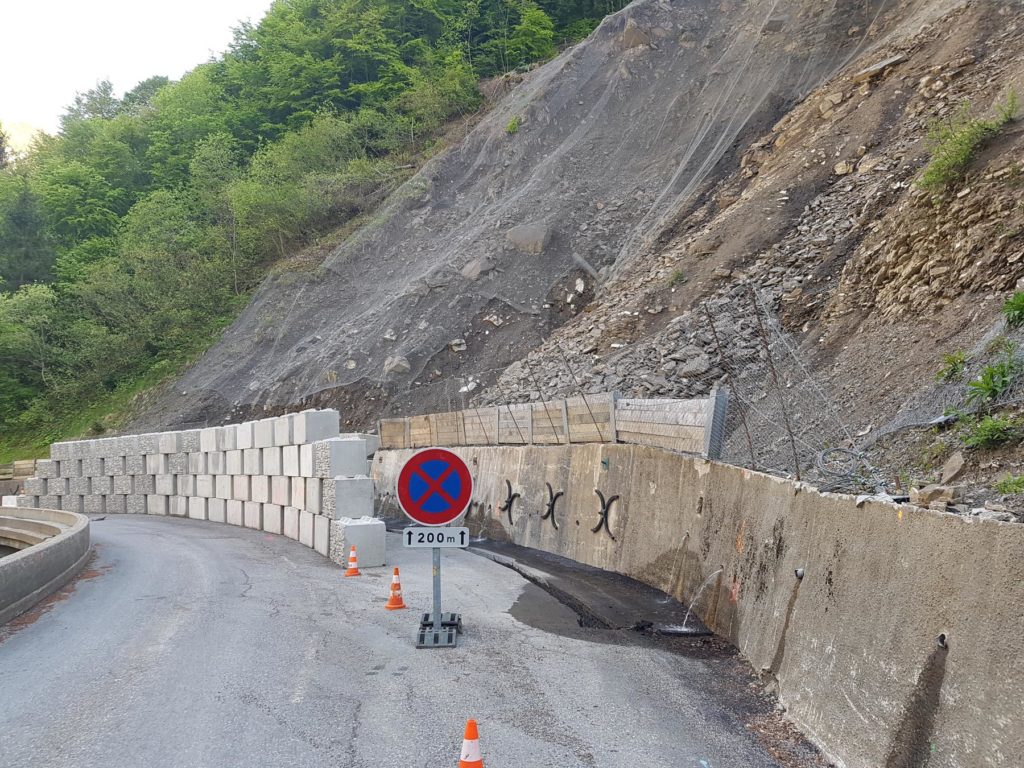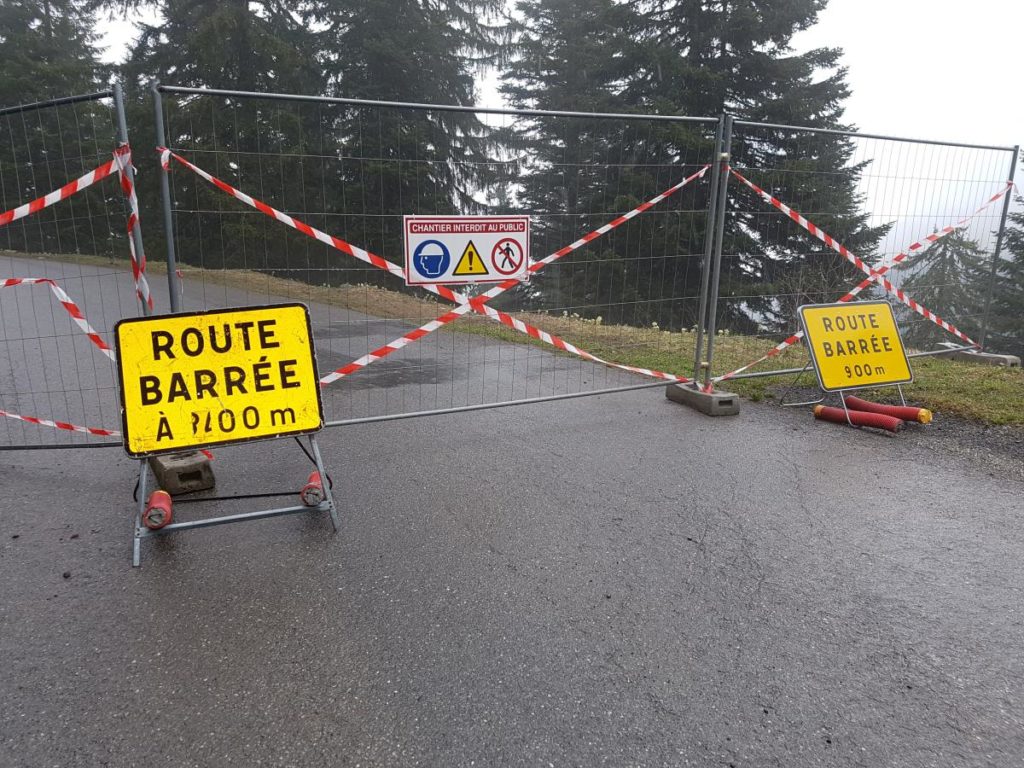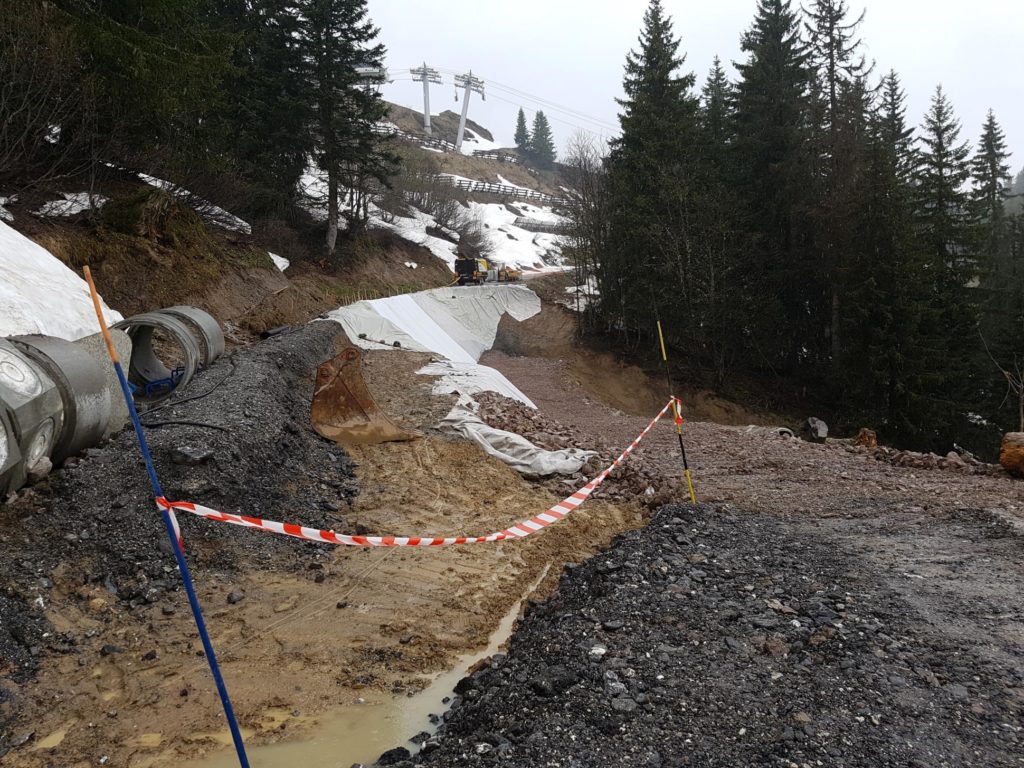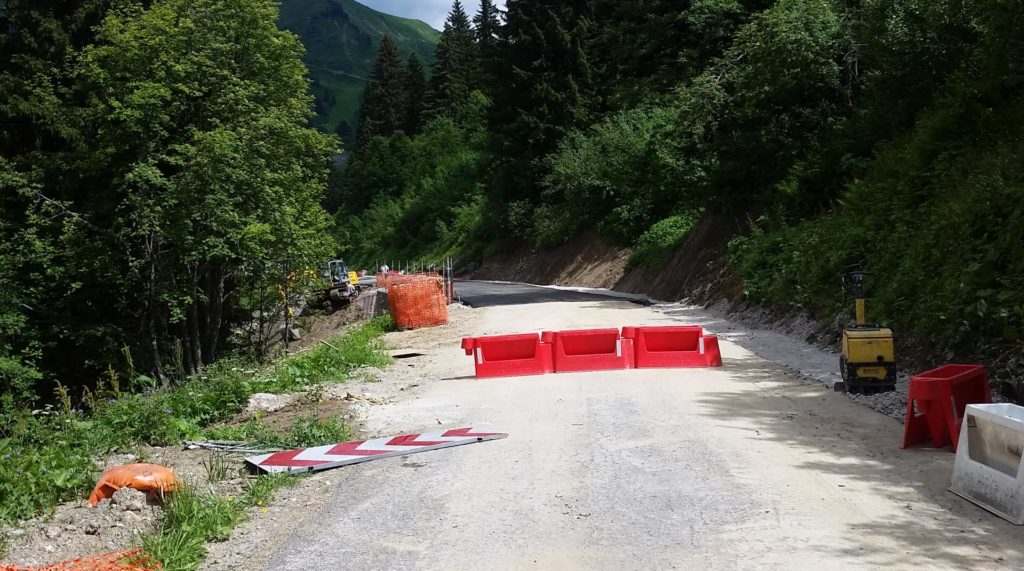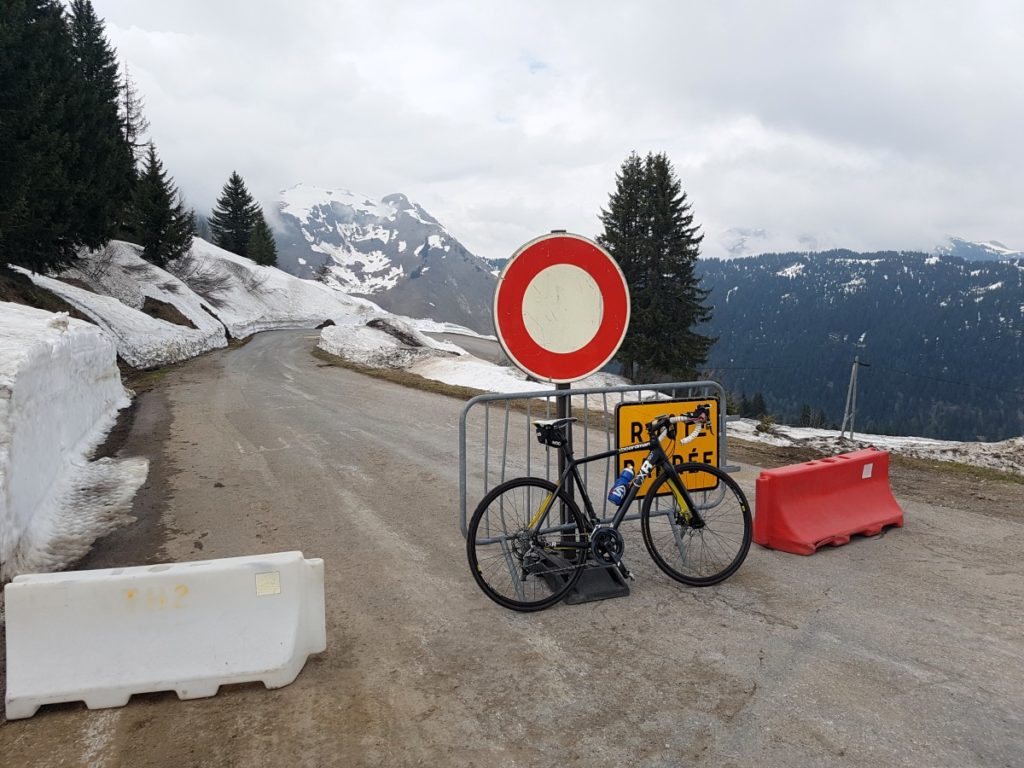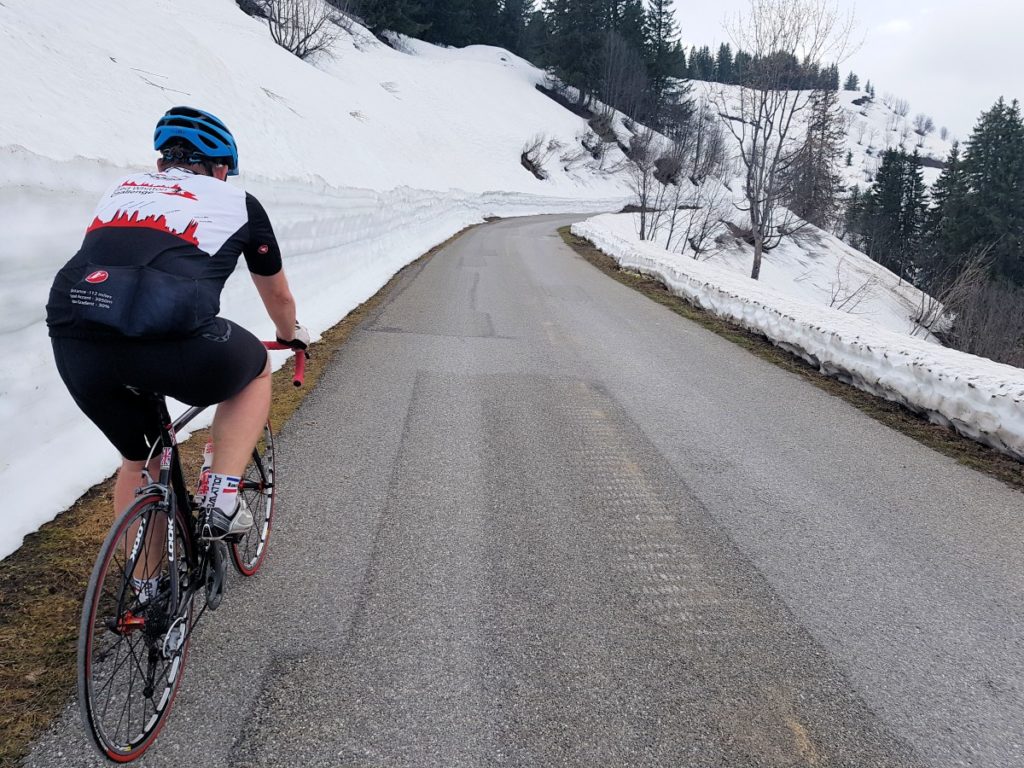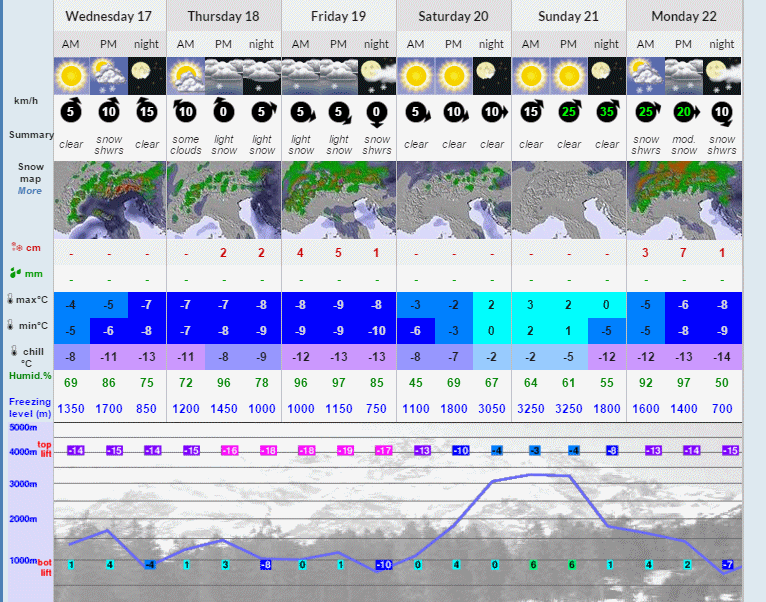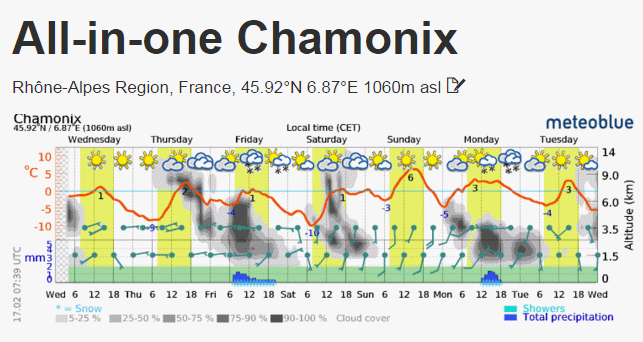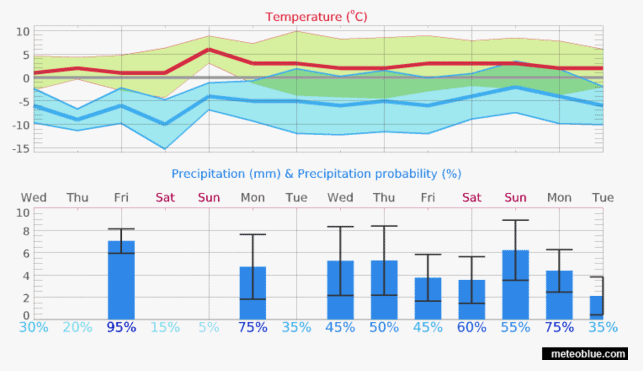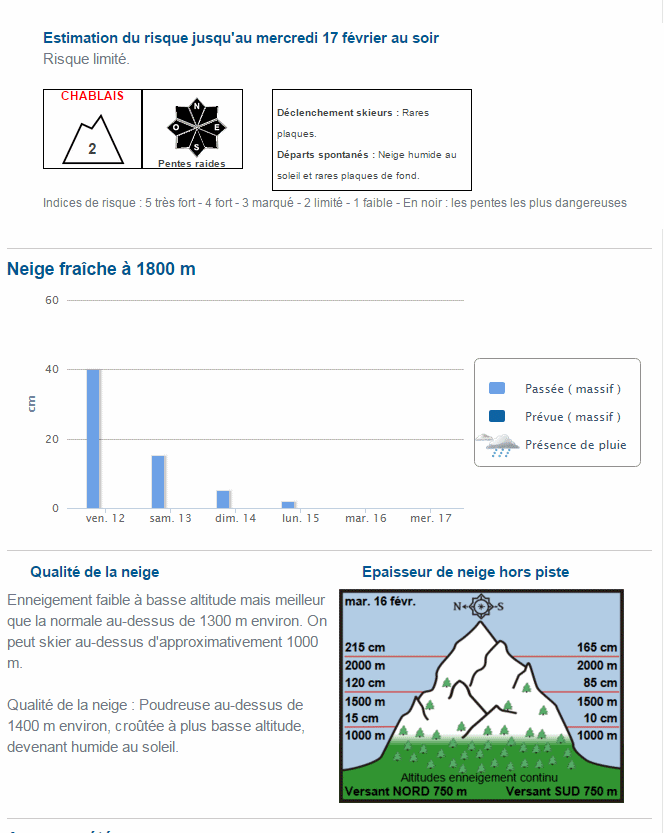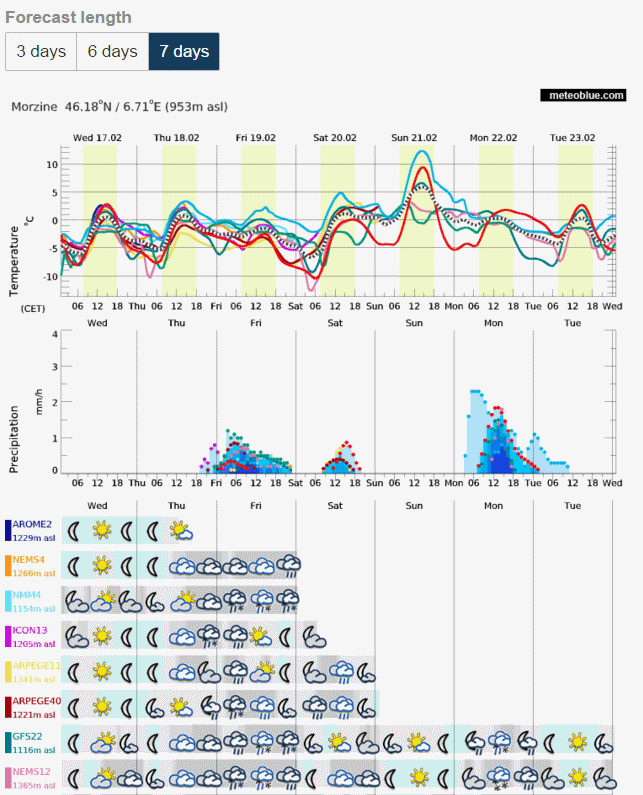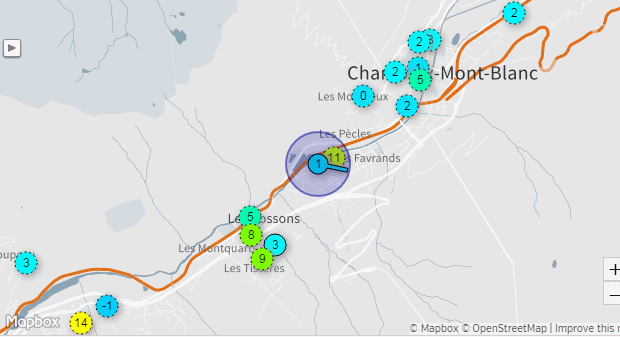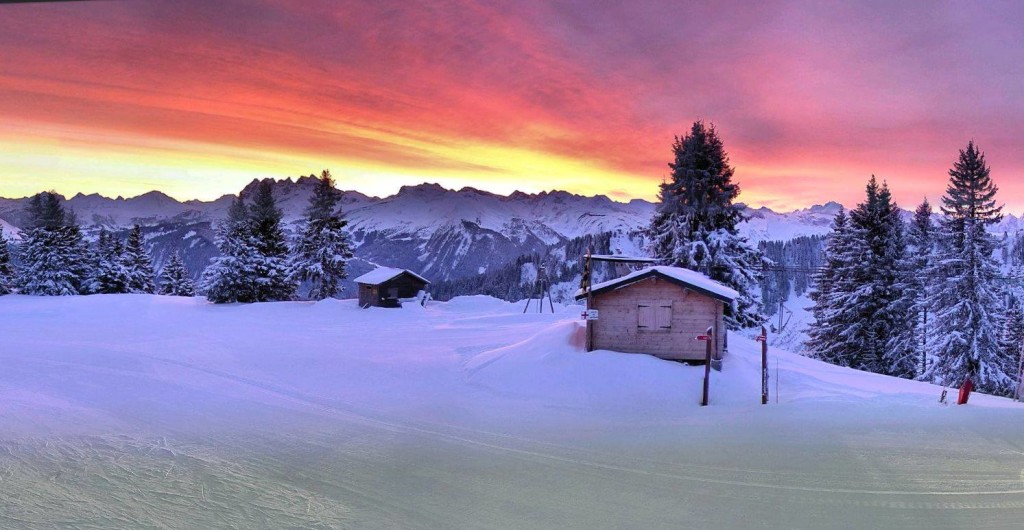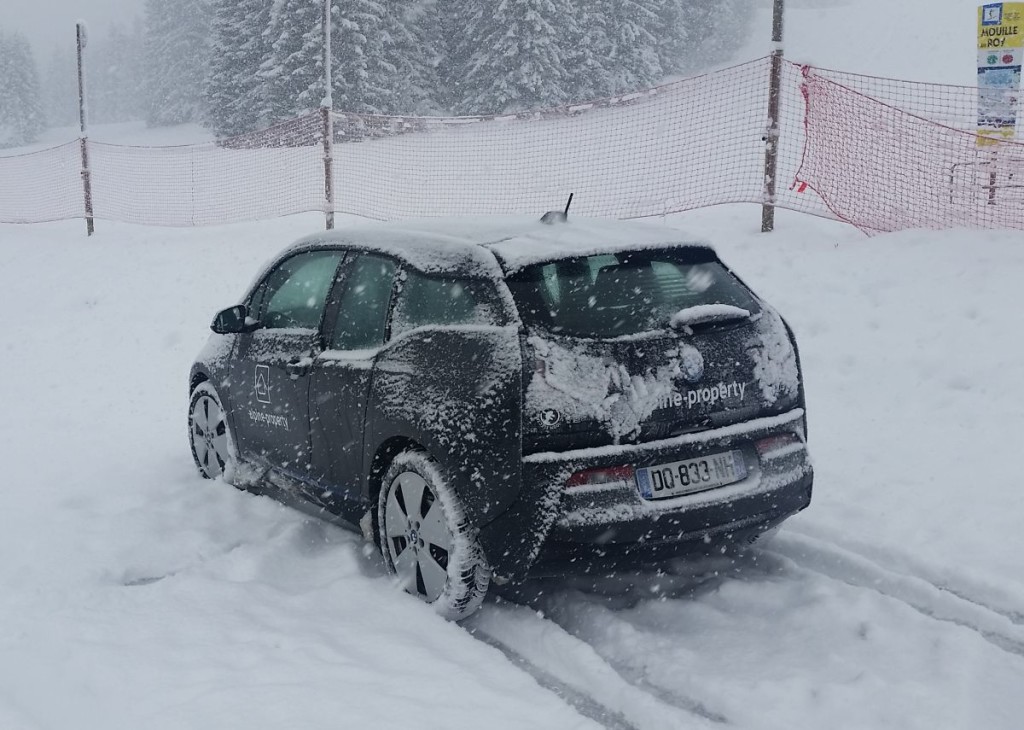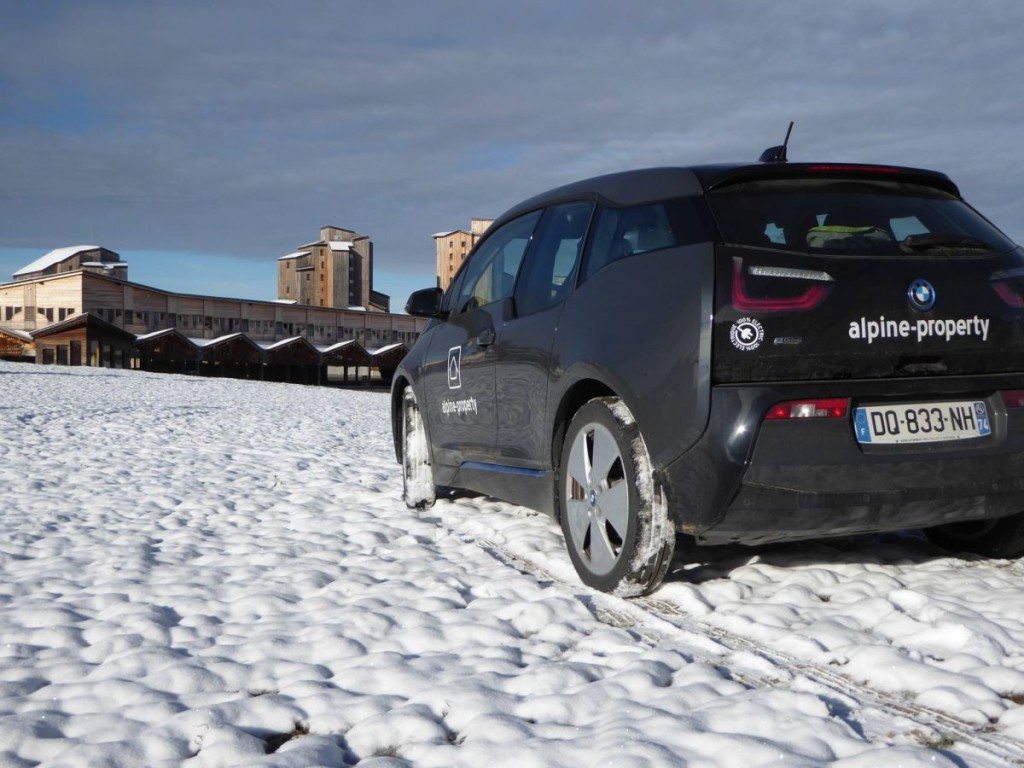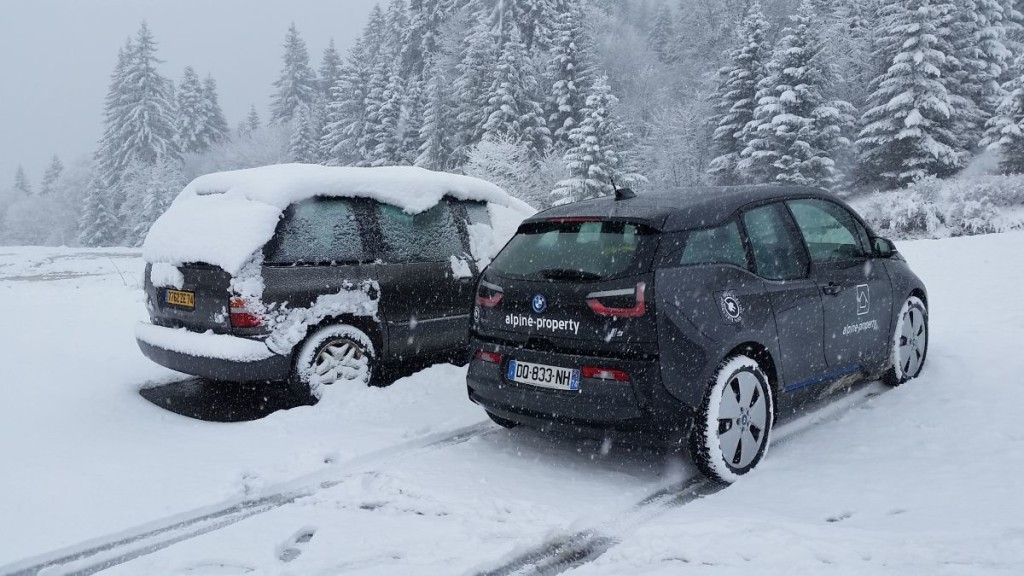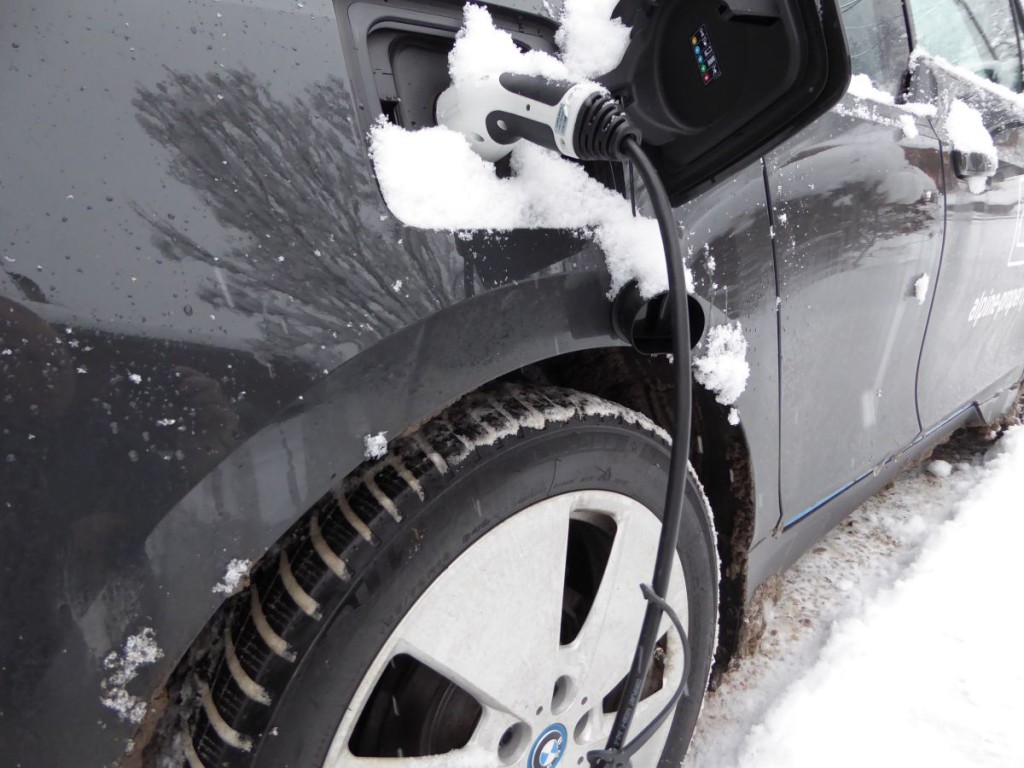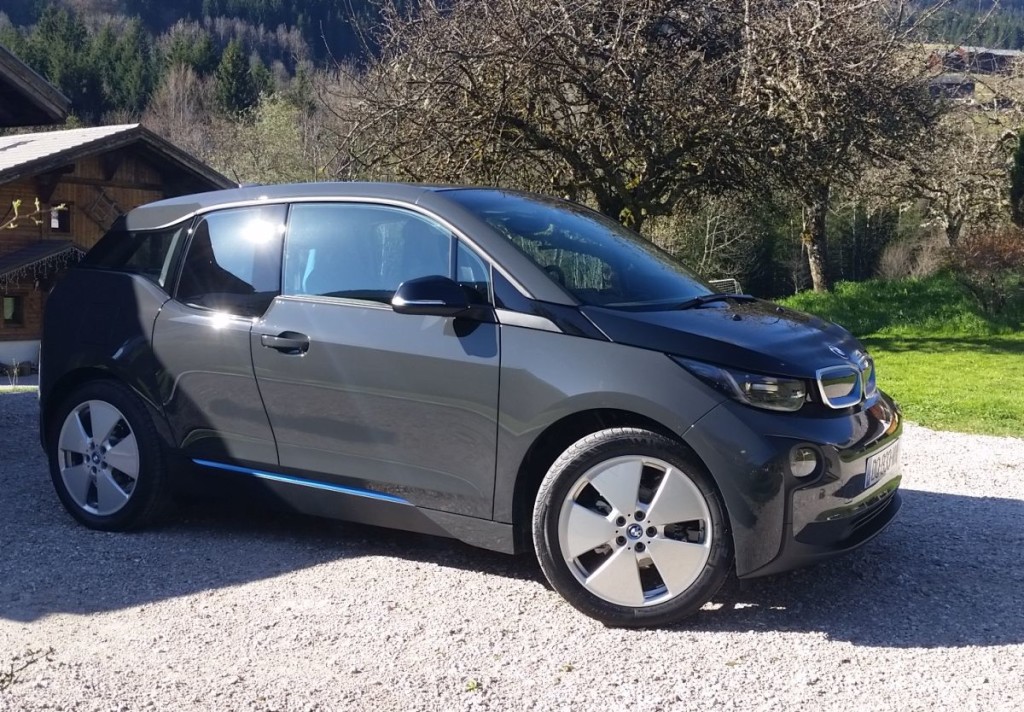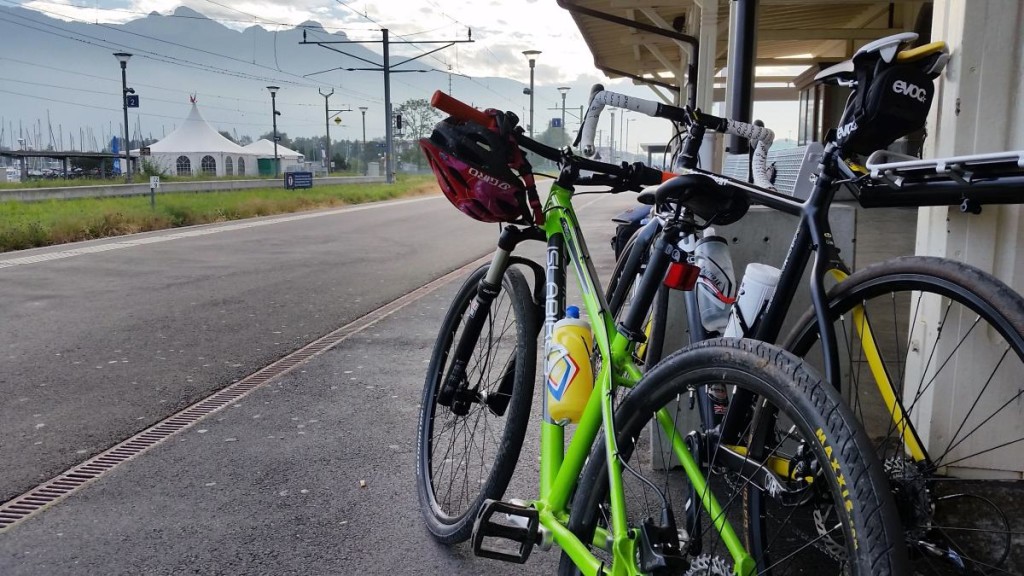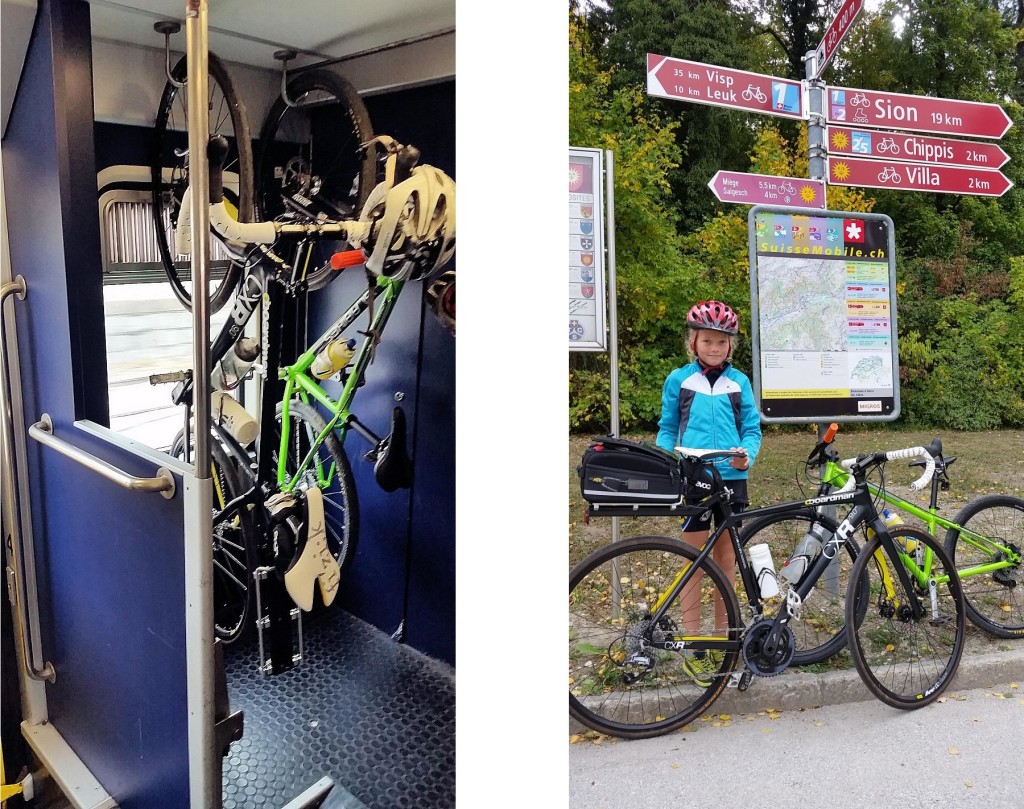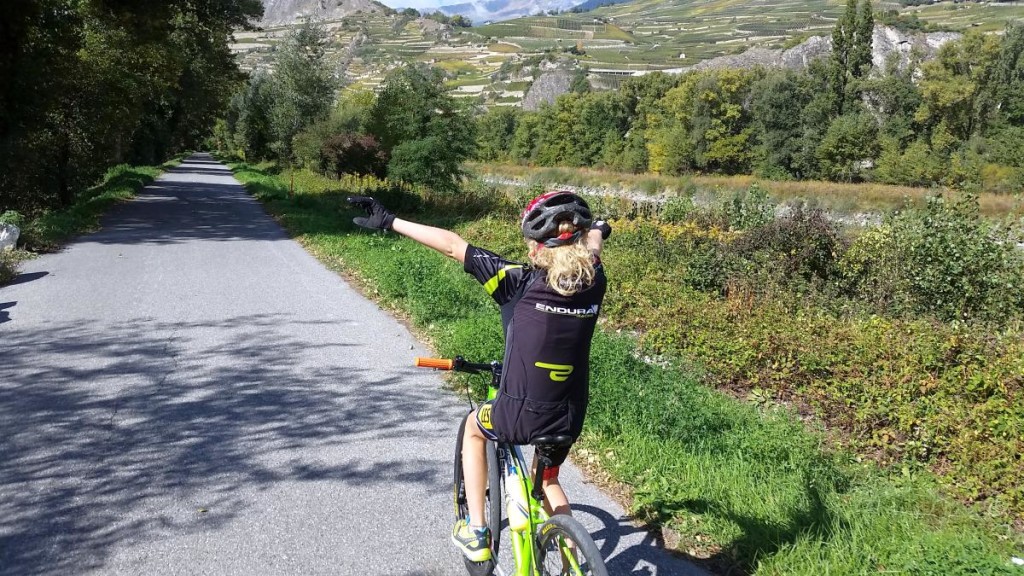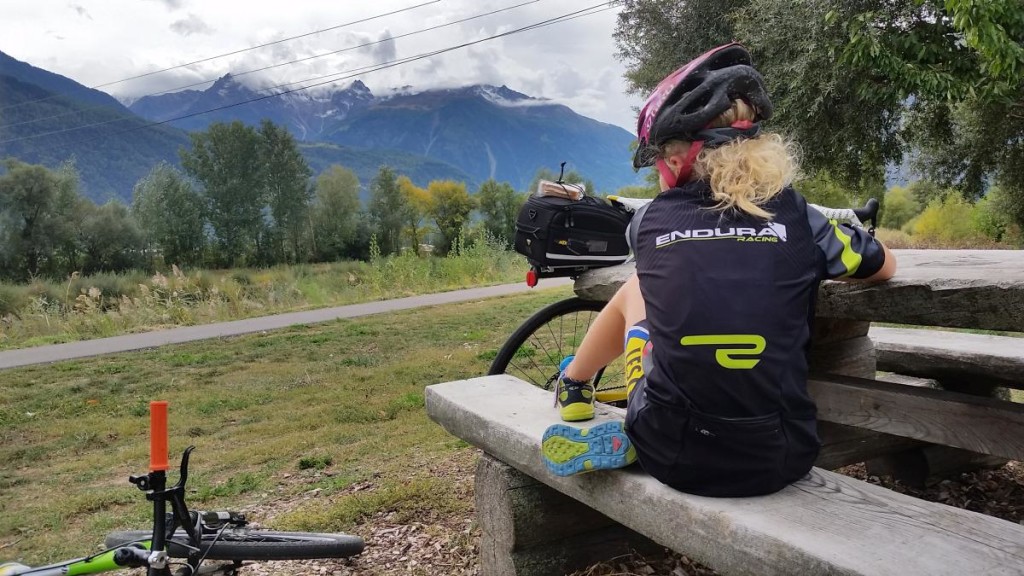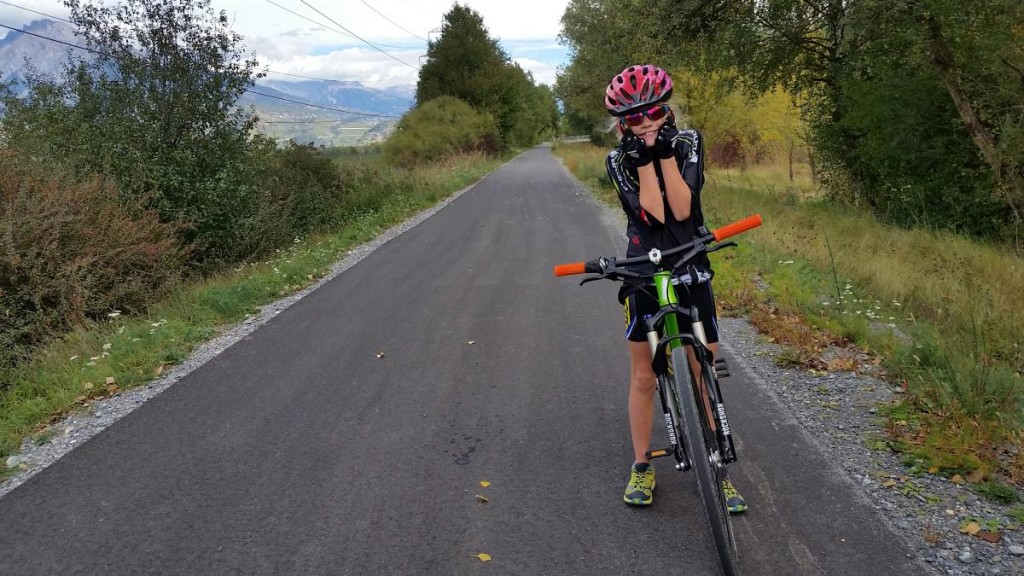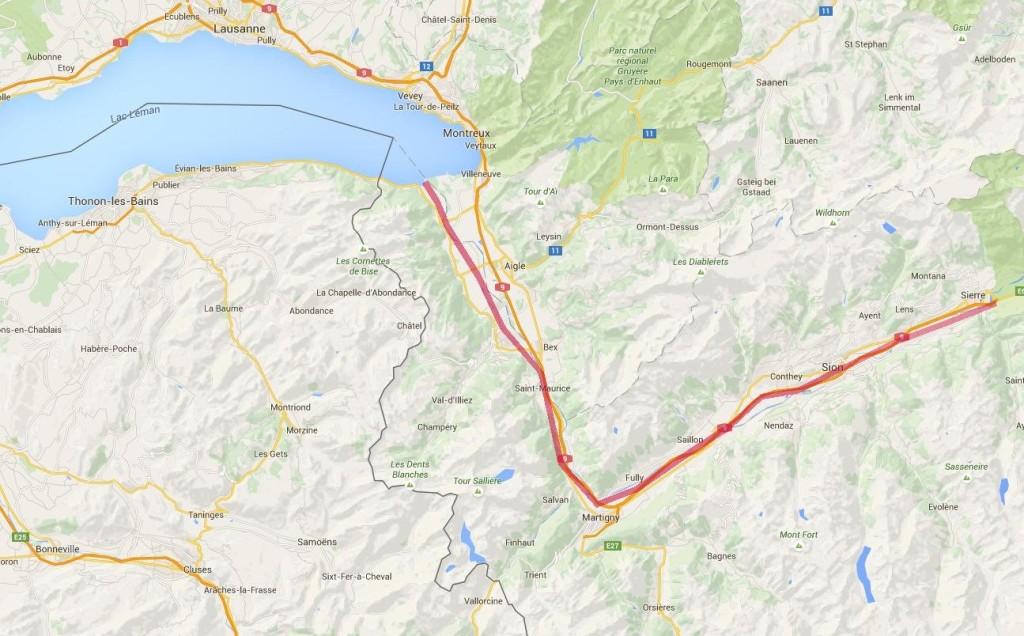The Portes du Soleil is one of the best places to go mountain biking in the world. I’ve biked in a few of the other best places and they are all great. I ran an MTB company from Morzine for 10 years (Endlessride – it is no longer!) and between them our guests and our guides have been to ALL the great places on their bikes. We never could decide where the best place to go was. Morzine was on the list though.
But is it a suitable places to go if you are a beginner? Or have a young family? Is there any family friendly biking in Morzine? We would usually guide families and beginners full time. We could keep them safe but we knew that without local knowledge a beginner could find themselves out of their depth in moments. We saw it every day. Since we started our in the year 2000 the situation has improved bit by bit every year. 16 years on the Portes du Soleil is a very different place. There is no escaping the fact it is orientated towards the downhill rider, despite this the various tourist authorities have tried to soften things a bit to appeal to their preferred customer, the active family. The best evidence of this is the Multi Pass. 2€ a day to swim, skate, play tennis and use the lifts (to go walking, not biking!!)
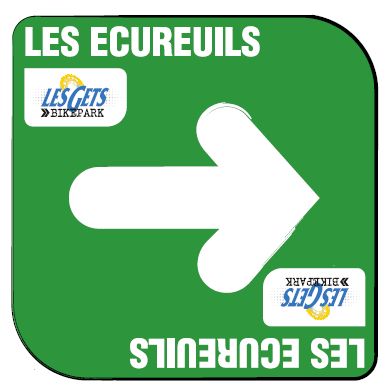
Les Ecureuils, start here, if this is too much go back to the Dereche
Morzine itself doesn’t have the best family friendly trails. Chatel and Les Gets do. It does site in between these two towns though, so for the most variety it may well be the best base. If you are not sure, and this can often seem a bit overwhelming, then hire a qualified MTB guide. At least to start. I can recommend some. Just ask! Otherwise read on…
Morzine/Les Gets
The most family friendly MTB trail is the footpath that runs up and down the river. No ski lifts required! It starts by the outdoor swimming pool (and new skate park) and runs on both sides of the river. Called the Parc des Dérêches it is suitable for all ages and almost flat. The easiest longest circuit in the park itself is 10km, it’s easy to extend beyond this on the well sign posted path towards St Jean d’Aulps and even then (take a map for this bit) on to Le Biot, 95% off-road and suitable for everyone. From Morzine to Le Biot and back is 28km, it is a “there and back” ride unless you are happy riding on the road. And for most families I would recommend against this. It is too busy. It’s also a great wet weather alternative to using ski lifts for more experienced riders. Just watch the wooden bridges when it’s wet! The picture below is the start of the route. The full route is available on openstreetmap. Or the paper map Morzine IGN Top25. You can even get the IGN map online now too.
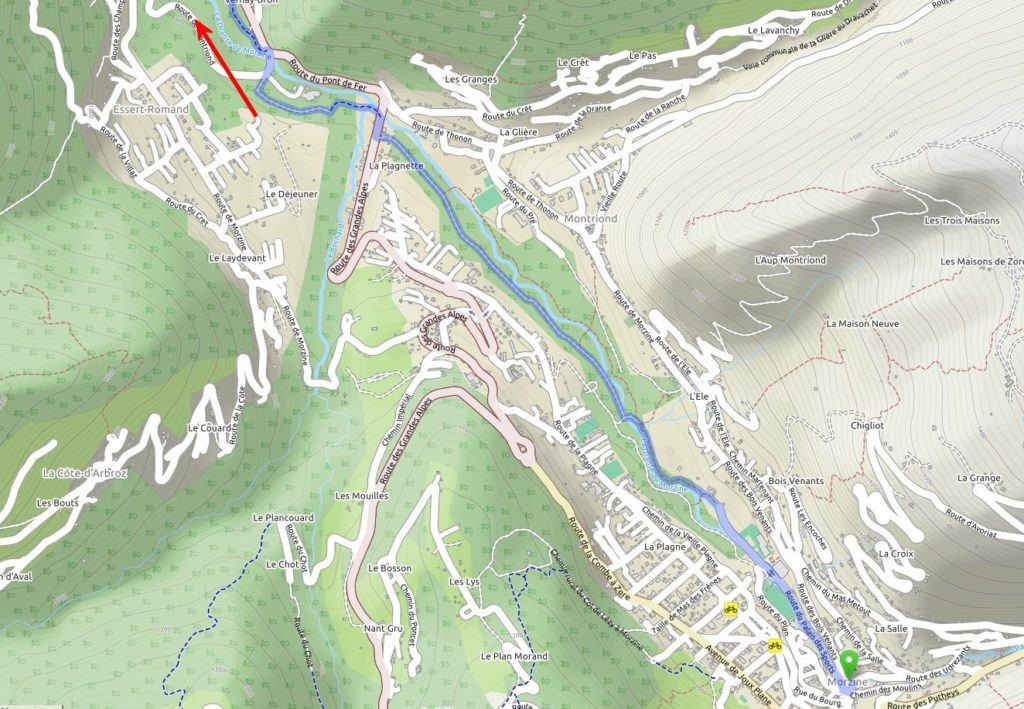
The Morzine section of the best family bike ride in Morzine, the Dereche, the red arrow points towards St Jean d’Aulps
The Morzine and Les Gets MTB maps are available for download here. A high res image is below.
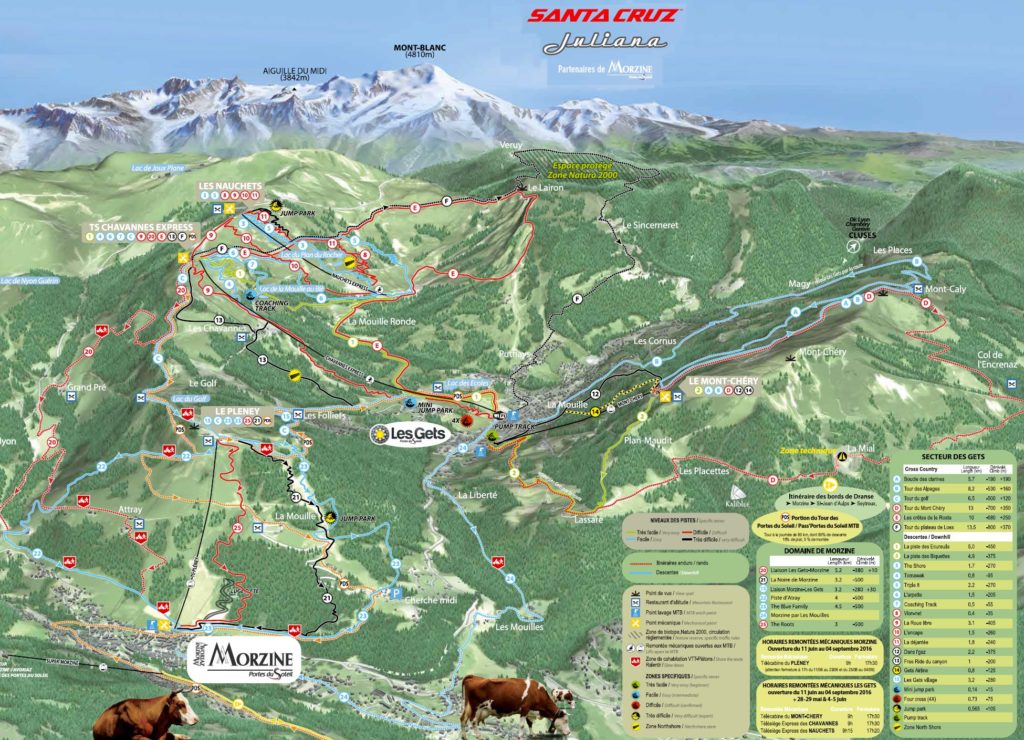
Some more ideas for the family on a bike. The following are “itinéraire”, so not marked and patrolled routes. Starting in Les Gets.
Route A “Boucle des clarines“, 6km on Mont Chéry in Les Gets. Very easy, wide open track, great views on Mt Blanc. I have never made a specific trip just to do this. It’s there anyway, the Route B that seems to follow on from this is a road. A quiet one. So for a really basic family trip, take the Mont Chery lift, ride route A and then descent back to Les Gets on the road via Mt Caly.
Route D “Tour de Mont Chery” is more like XC mountain biking. 13km and highly recommended. Family friendly, like a blue route at a UK trail centre, as long as the family doesn’t mind heights! Marked as a “Zone technique” on the map. We used to refer to this trail as “the dangerous trail”, thanks to the warning signals. The tricky section does often close due to landslips.
Route F “Tour du plateaux de Loex“, a black route! Probably because of the distance (14km) and the fact you will need to be more self sufficient and may end up consulting your map. If Route D went well, then technically this will be fine too. Be careful, a wrong turn down to the Samoens valley will end the day in tears. The easiest way back to Les Gets will be in a taxi!
As far as the actual MTB “pistes” go, start with #1 “La piste des Ecureuils” – “the squirrel piste”, AKA “The Family DH“. It’s a beauty and is a perfect introduction to the type of MTB piste the area has to offer. If you struggle on here then don’t move on from the green’s. It’s so good the full on DH brigade love it too, which is fine if they give the families a wide berth (they often don’t), so beware when stopping to admire the view and get off the piste and out of their way!
#20, the return from Les Gets to Morzine should be OK. It’s marked as a red. Probably because of the steep section after the Atray restaurant (stop there for a drink!) though you can always walk this section. The best easy route home from Les Gets to Morzine is probably #24 “Morzine par Les Mouilles“.
#22 or #23 are your best options from the top of Pleney, both blue runs, these both have berms and steeper sections though. My preferred choice is #22. I think #23 is slightly harder and often a bit wetter. The best of it is over by the time you get to the Cherche Midi car park, from here you can keep going until you get to Morzine or turn left and head back to Les Gets via the road of the “Morzine par Les Mouilles” in reverse.
The liaison with Les Gets is a strange one. It’s marked as a red and justifiably so. If this is going to be too much then (and you’ll need a map) start down it but nip on to the road at Nabor and roll down to Les Gets from there. You can carry along it, the route is straightforward but it’s hard not to get sucked into the main Les Gets downhill, somewhere you don’t want to be with a family!
Avoriaz/Chatel
From Morzine this is a day out. It can be shortened by taking a car around to Linderets. I’ve described it from Morzine itself. Head up the Super Morzine telecabine and then the Zore chairlift. At the top there is a wide, smooth and sandy track that leads towards Avoriaz. After a few km you’ll arrive at the Col de la Joux Verte. From here the MTB route is well signed posted but probably too hard for most children. The safest thing to do would be to descent the road to Linderets. From here the Chaux Fleurie chair leads to the Chatel bike park.
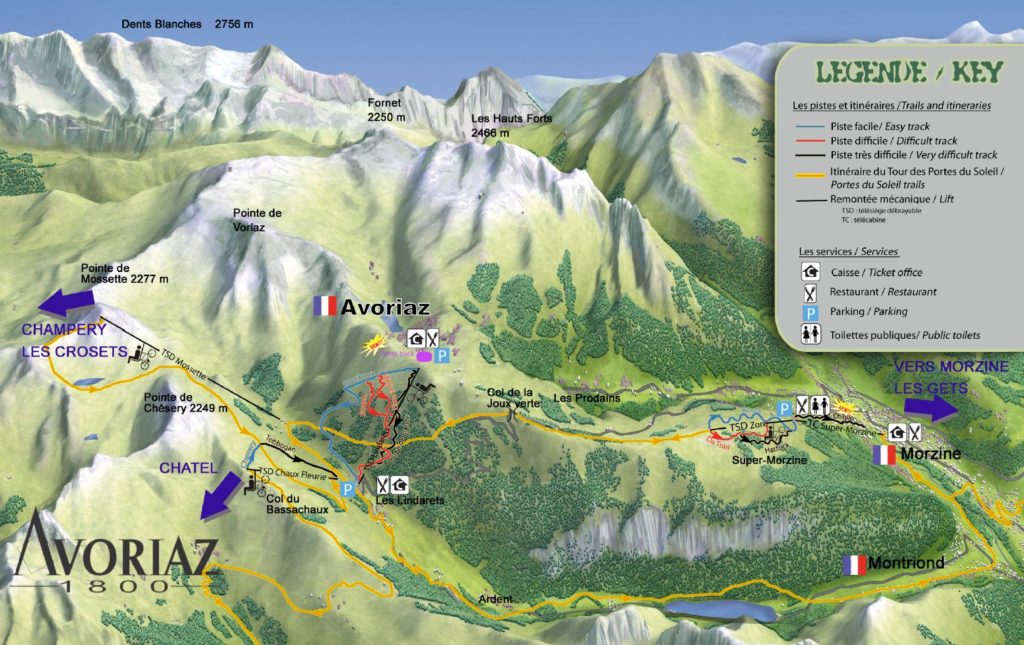
Chatel MTB piste maps are available for download here. Start off on the green run, Panoramic, one of the classics of the area. Not to be missed. For most this is enough. For some this is already too much. If Panoramic is your limit when you arrive at Plaine Dranse head back up the lift! If you think you can take a little more then head down the blue run, Serpentine. I’ve just spotted Eterlou on this years map (2016), it’s marked green, either it is new for this year or I’ve missed it. Either way I can’t offer advice yet. I’ll check it out when the area is open at the end of June.
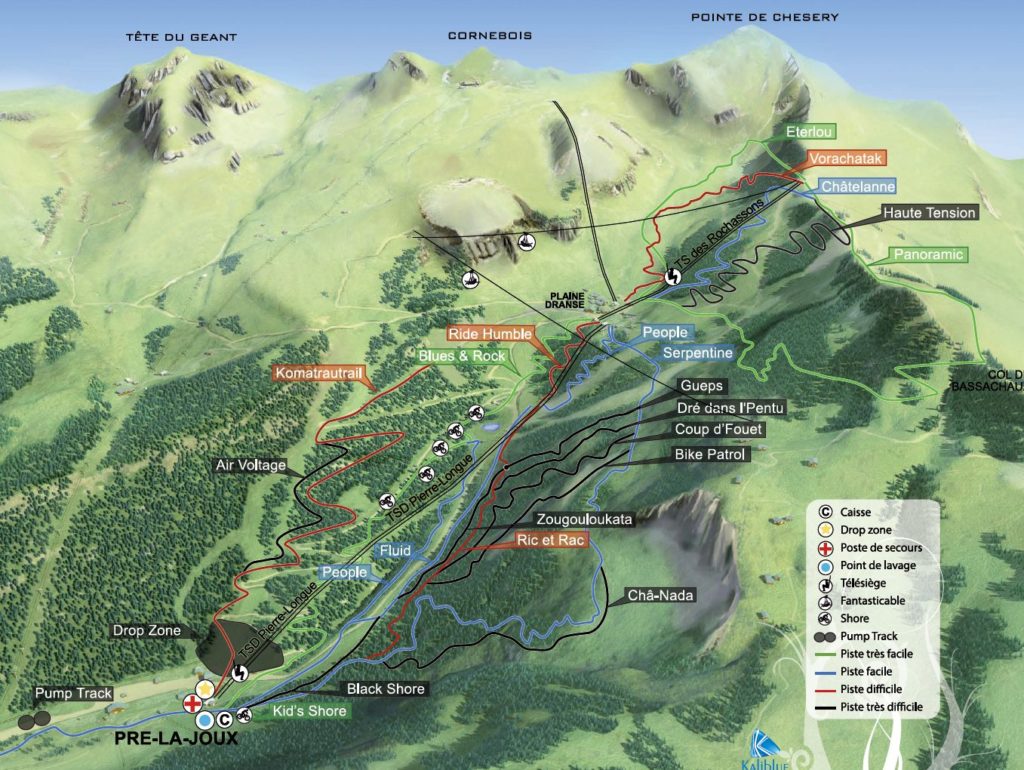
Getting home from Chatel is another of those little issues that a family MTB team can face. Especially if green runs are the limit. The easiest option when stood at the top of the Rochassons chair is to hike up a few metres to the Fantasticable (marked as a red circle on the map below) and then take the path signposted towards the Mossettes. This will take a big dog leg back on itself, signposted for Linderets. Then stick to the path marked GR5 back down to the valley. This is a winter ski piste lower down, fairly steep and gravelly, not ideal but it is the easiest way. I’ve highlighted the path to take in red. I’ve also marked an obvious blue run called Chesery with a tricky steep start and then a black run, Toboggan which is aptly named. These are the “official” ways down.
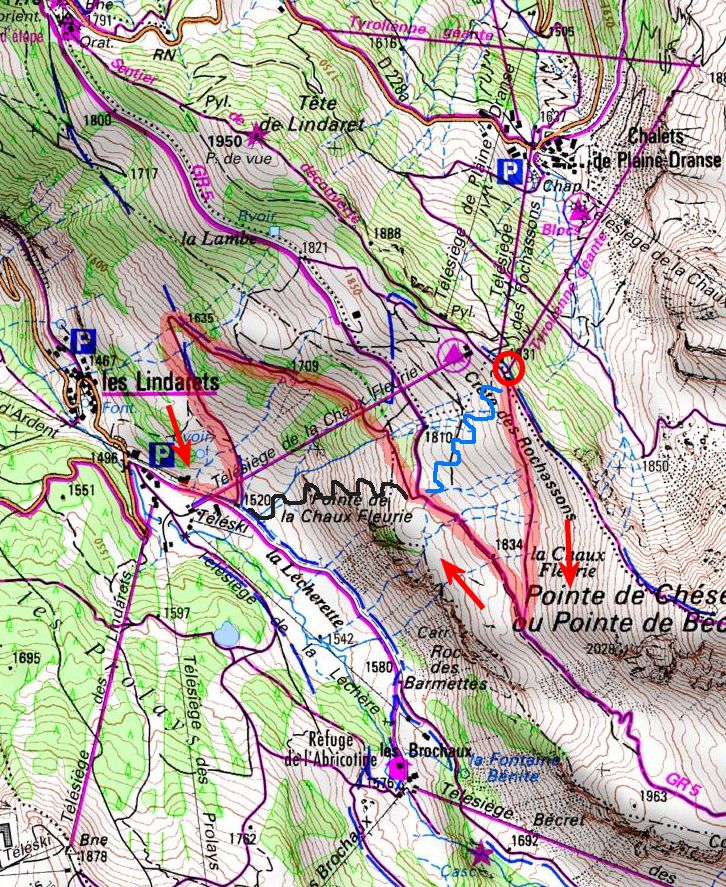
Remember walking with your bike is better than falling off your bike! From Linderets the best route back to Morzine is to ride down the road, yes the road (at certain times of day it can be a bit crowded) descend from Linderets to Ardent and follow the signposted bike route around the Lac Montriond back to Morzine.
So that’s enough to keep you going for 3 or 4 days. One last tip, you’ll notice most people are wearing protection, knees and elbows and full face helmets. For the riding I have described you’ll need a helmet, full finger gloves and I recommend some knee pads too. They will mean that if you do fall off you will probably be able to ride the next day. Without them you’ll loose so much skin that cycling will seem far less appealing!

